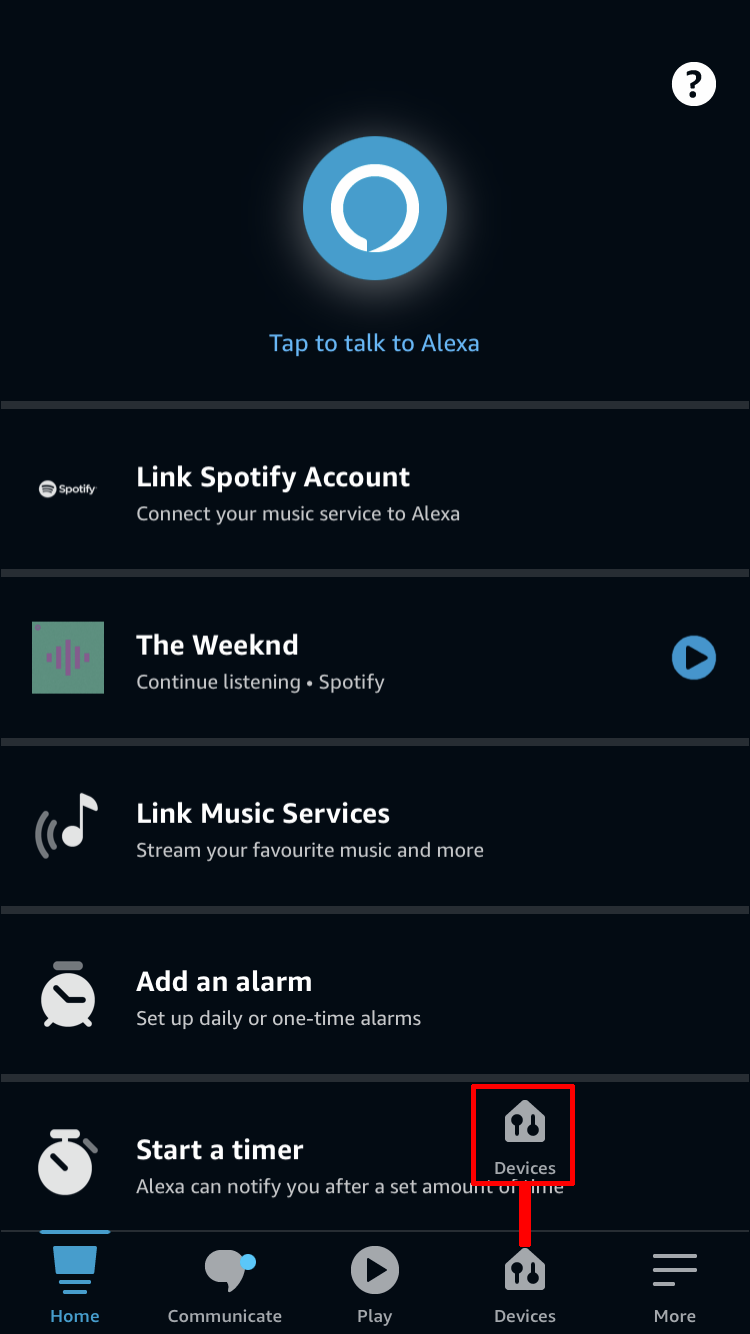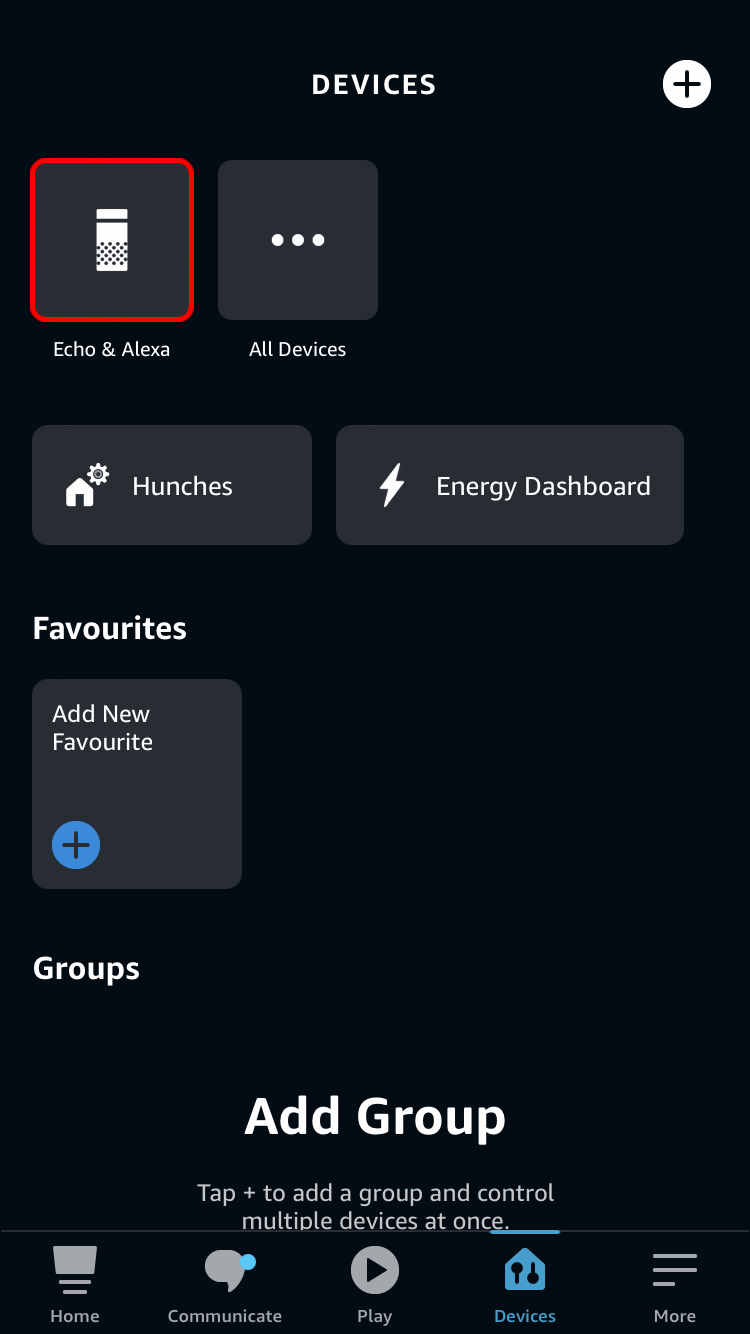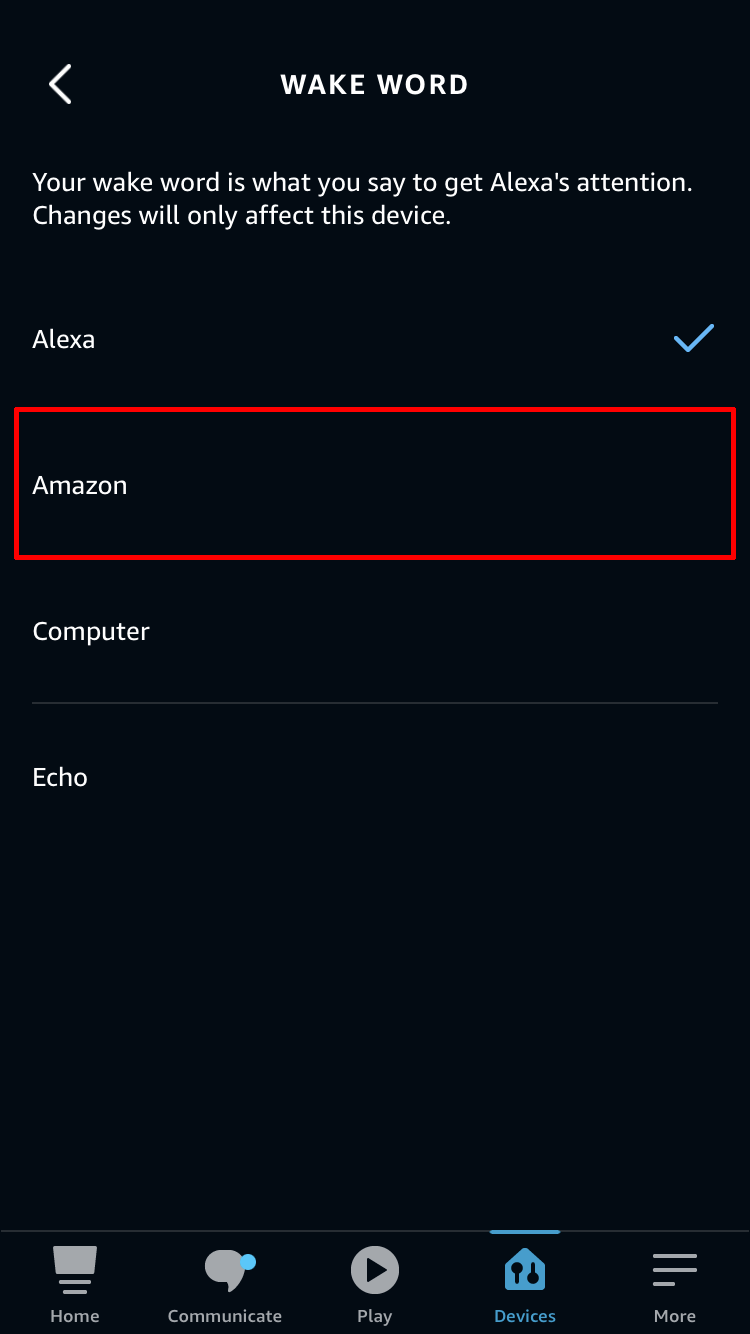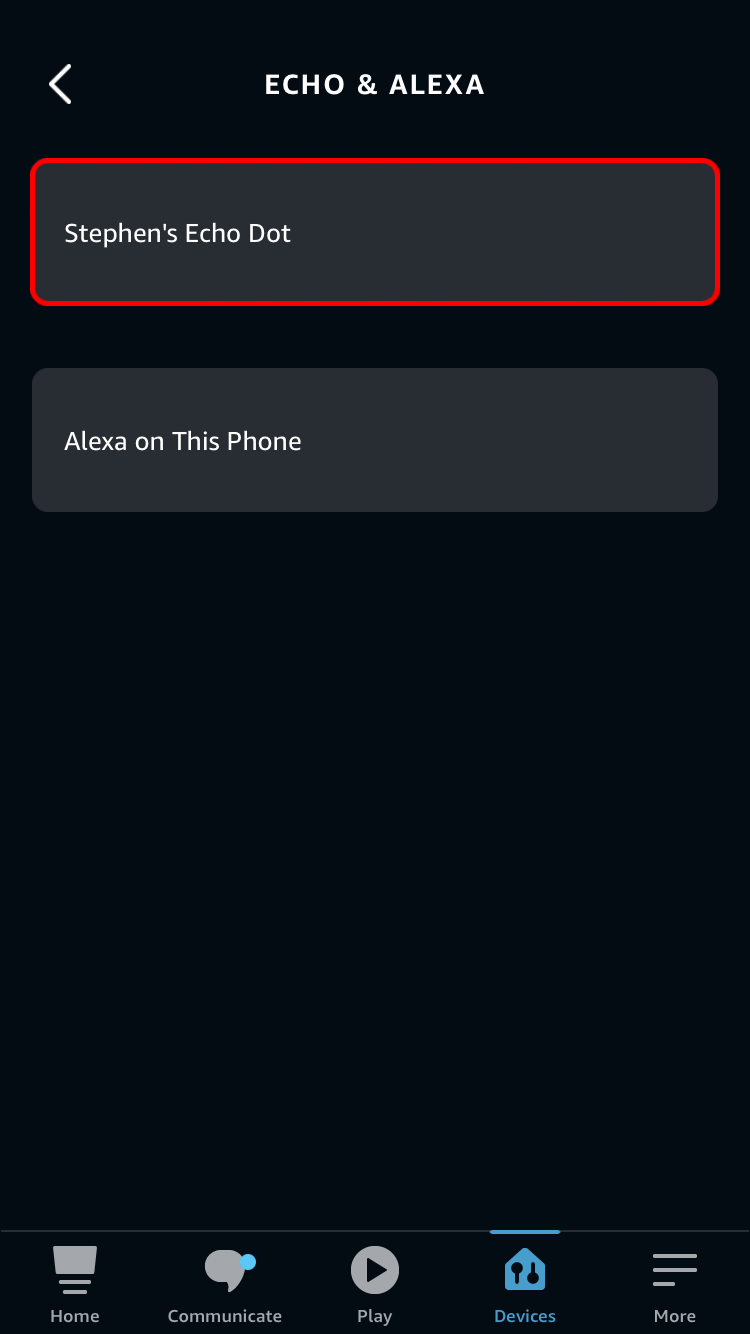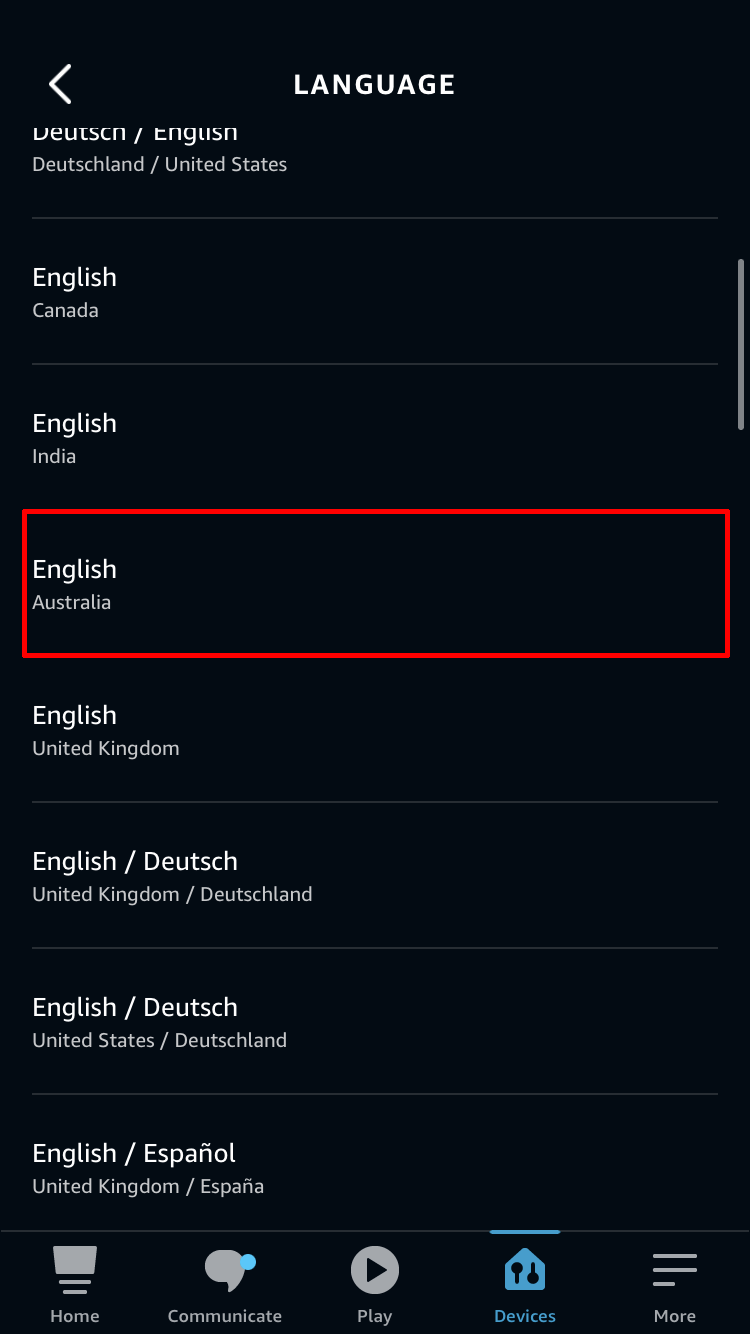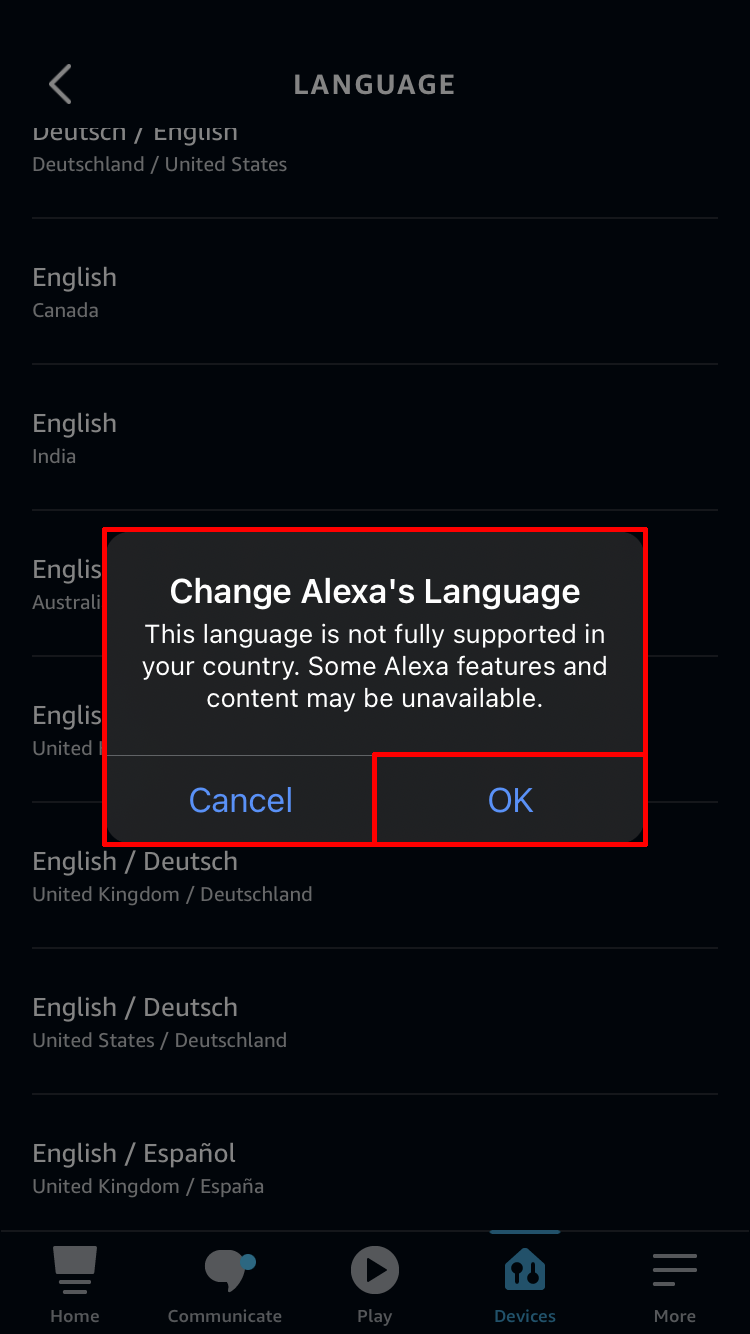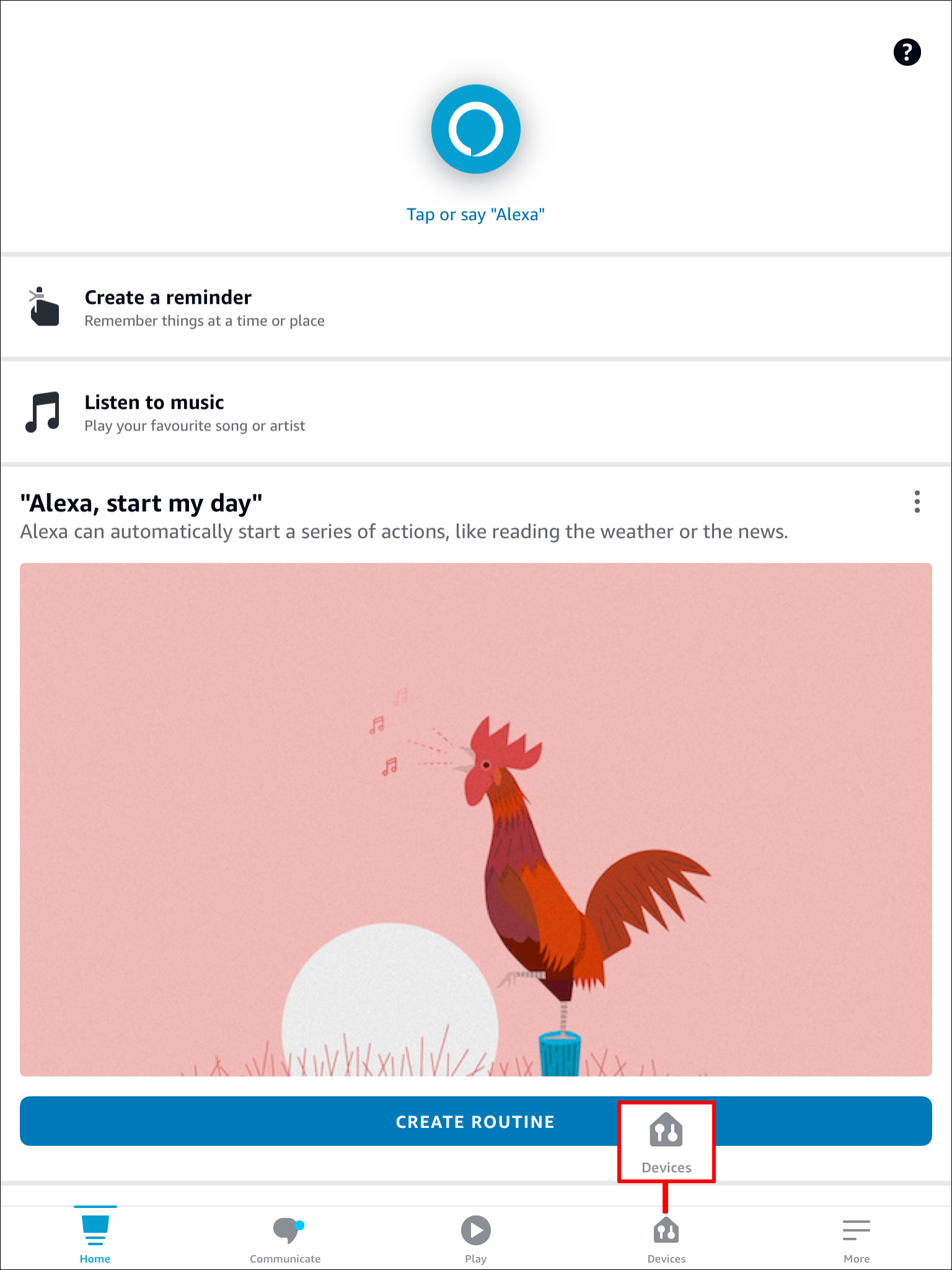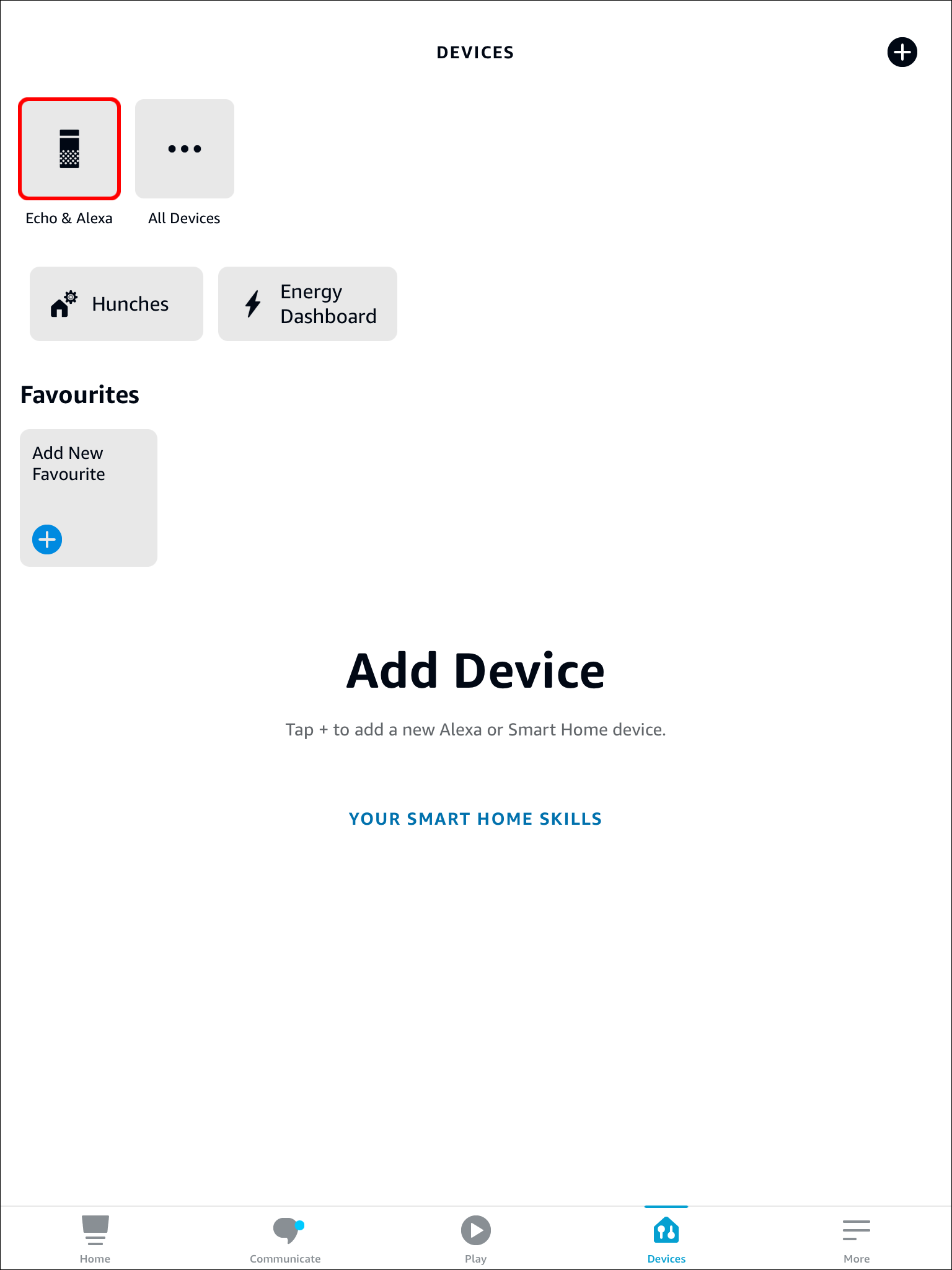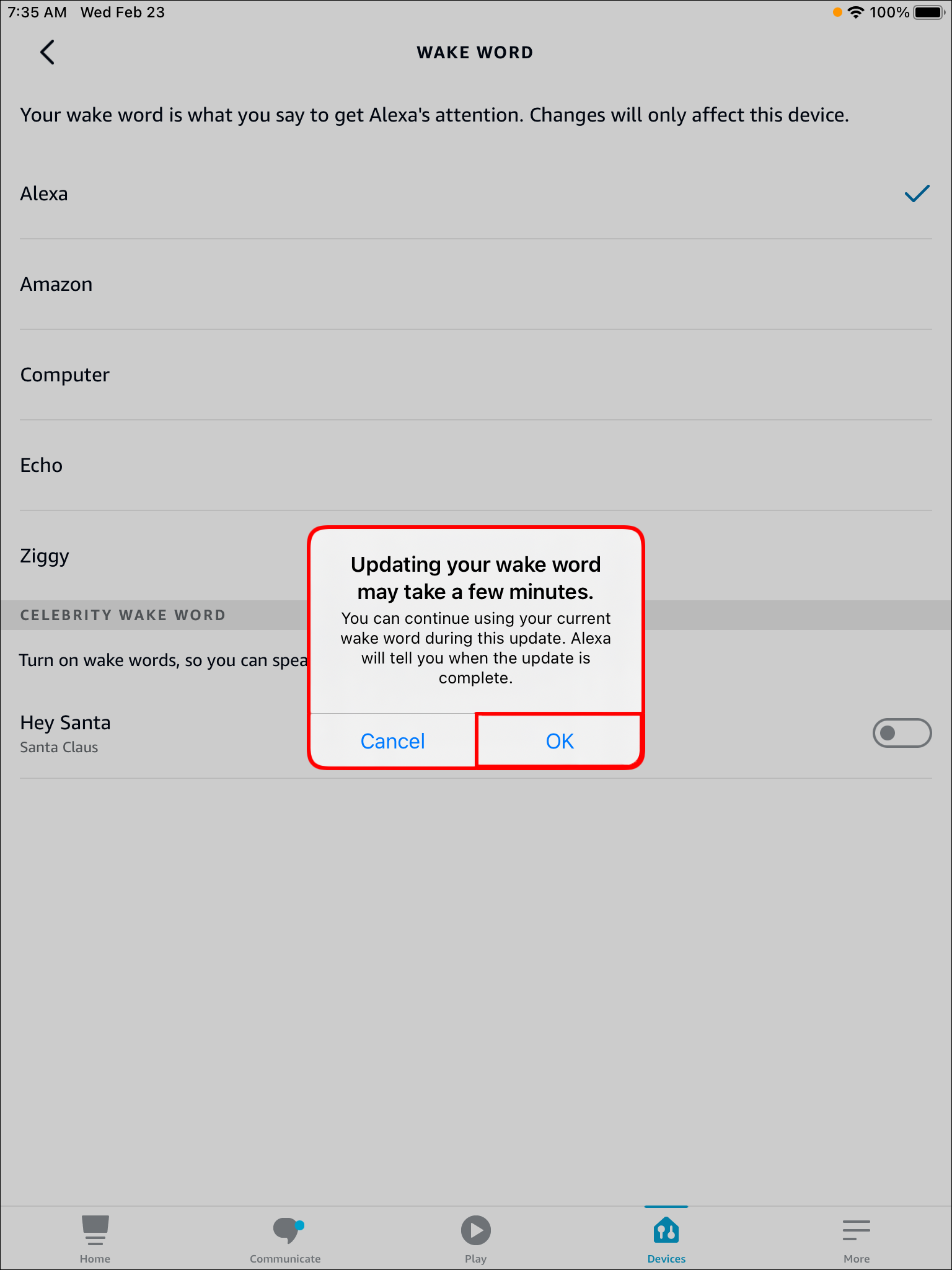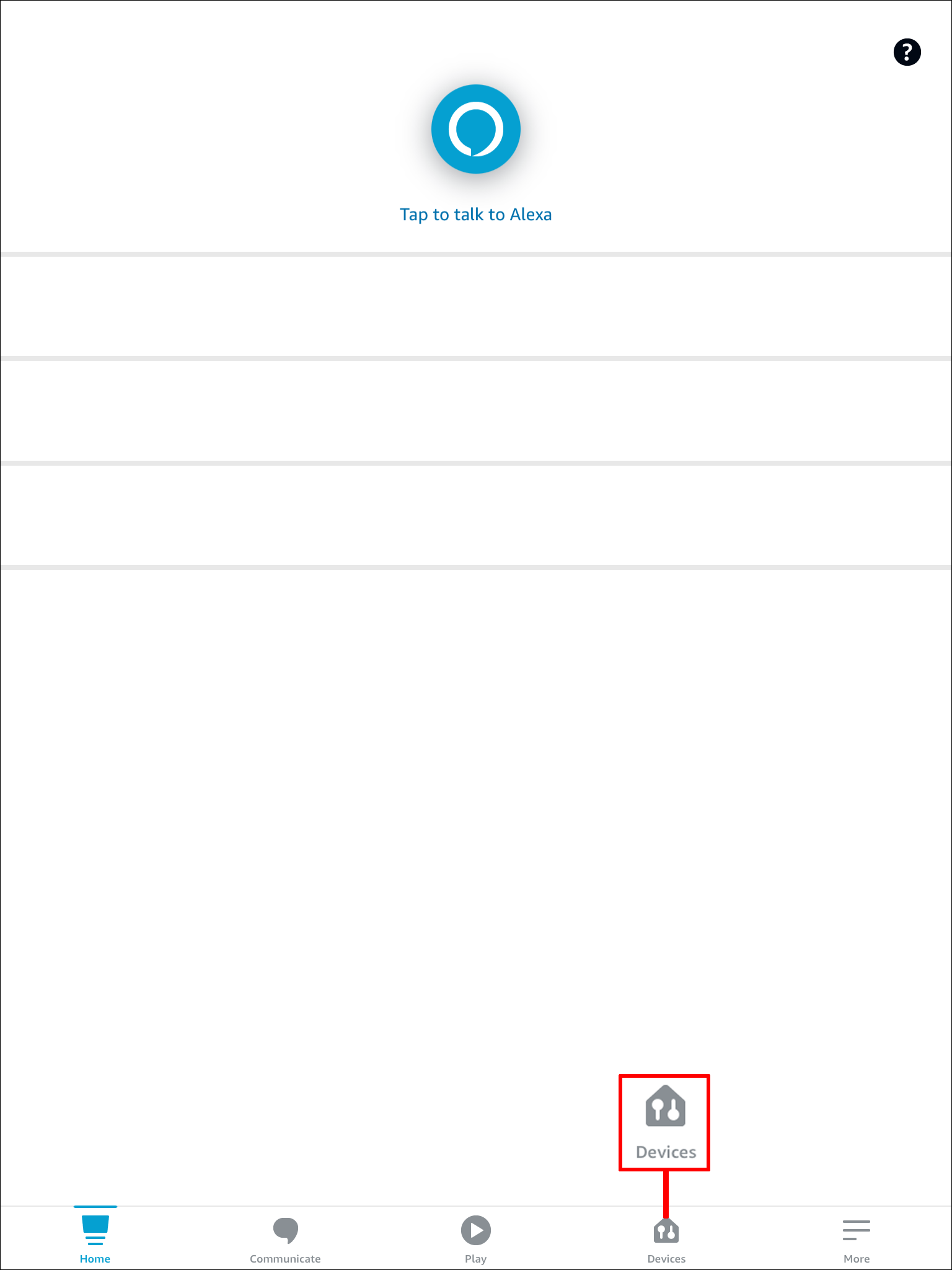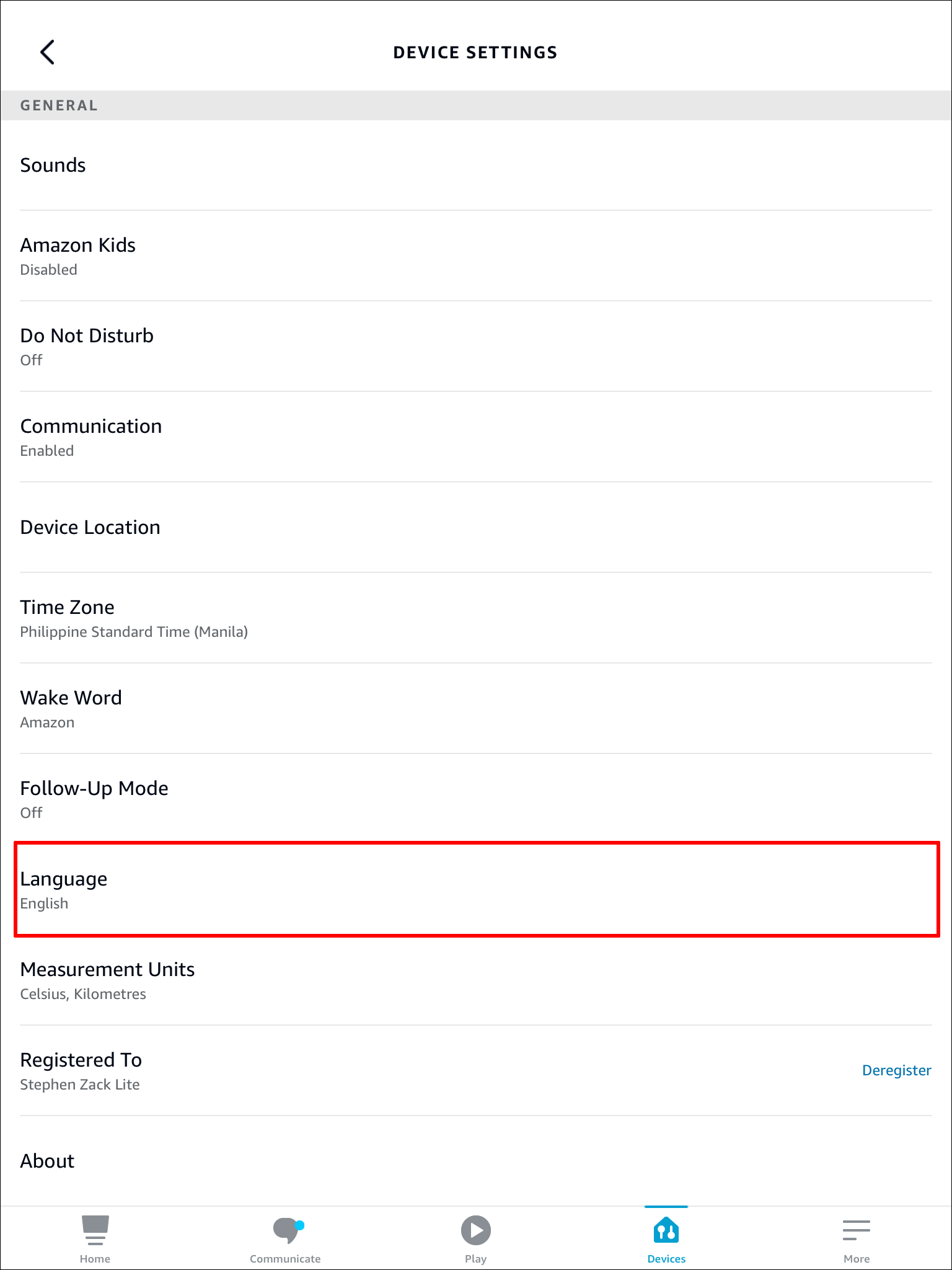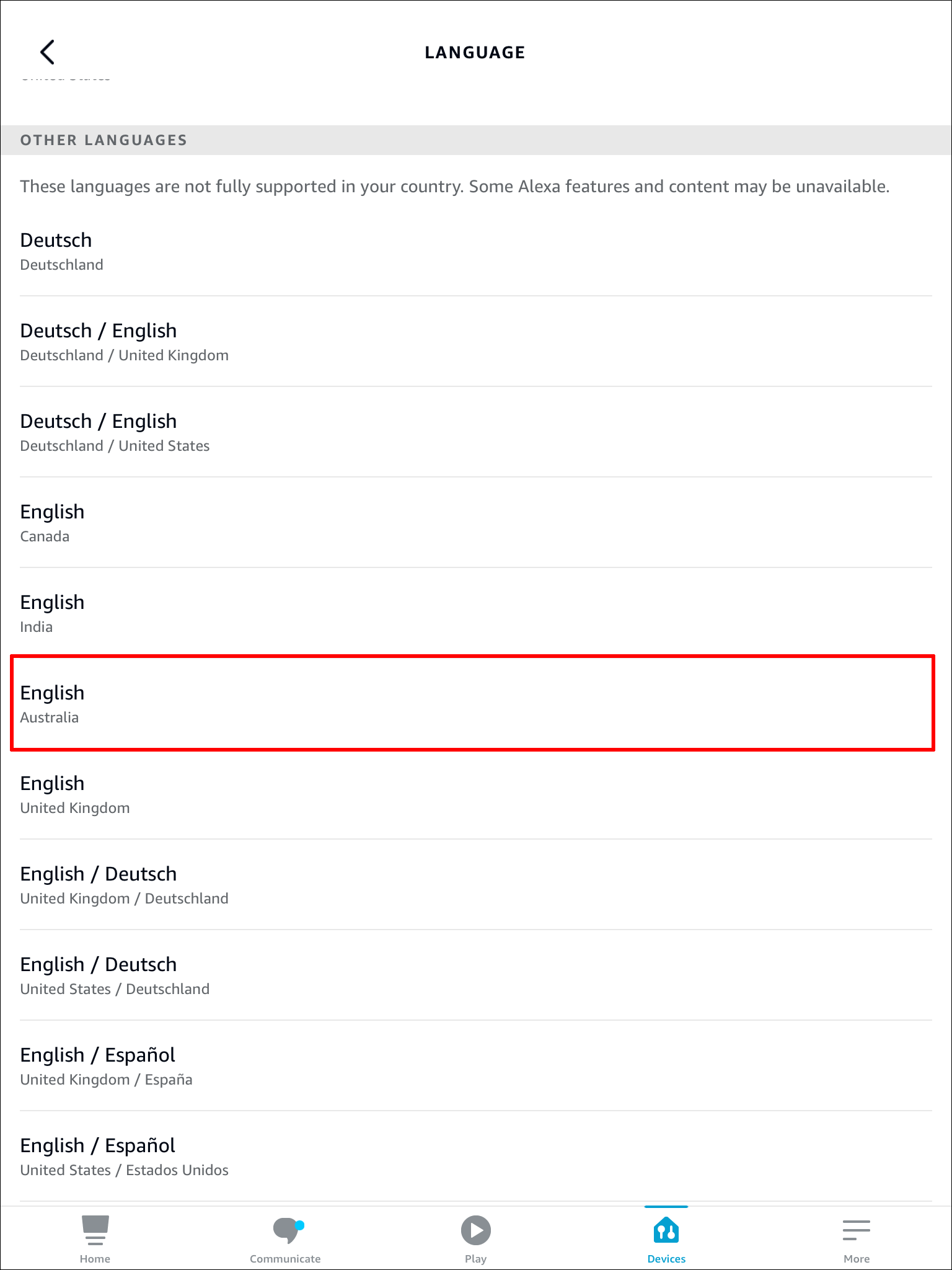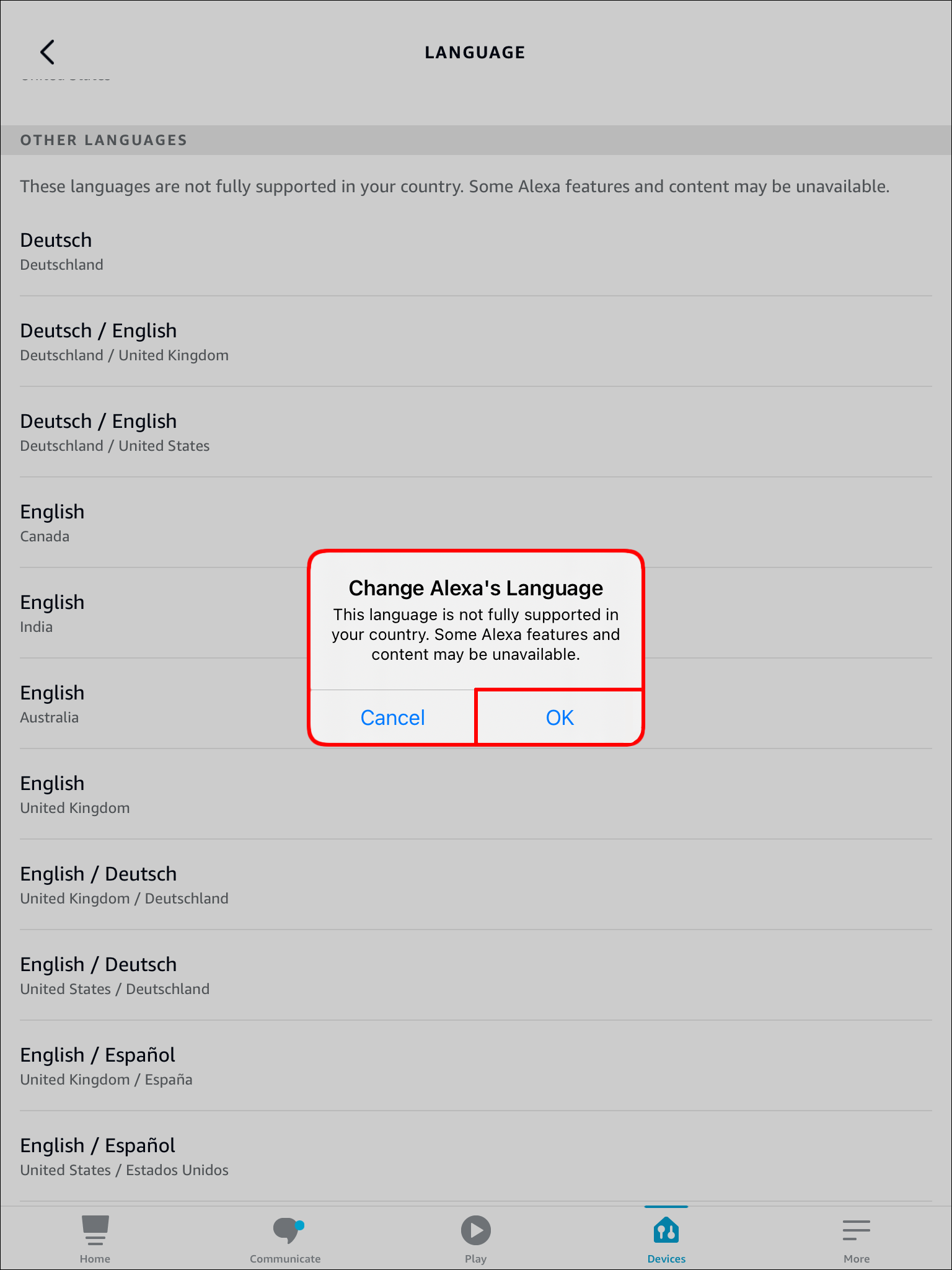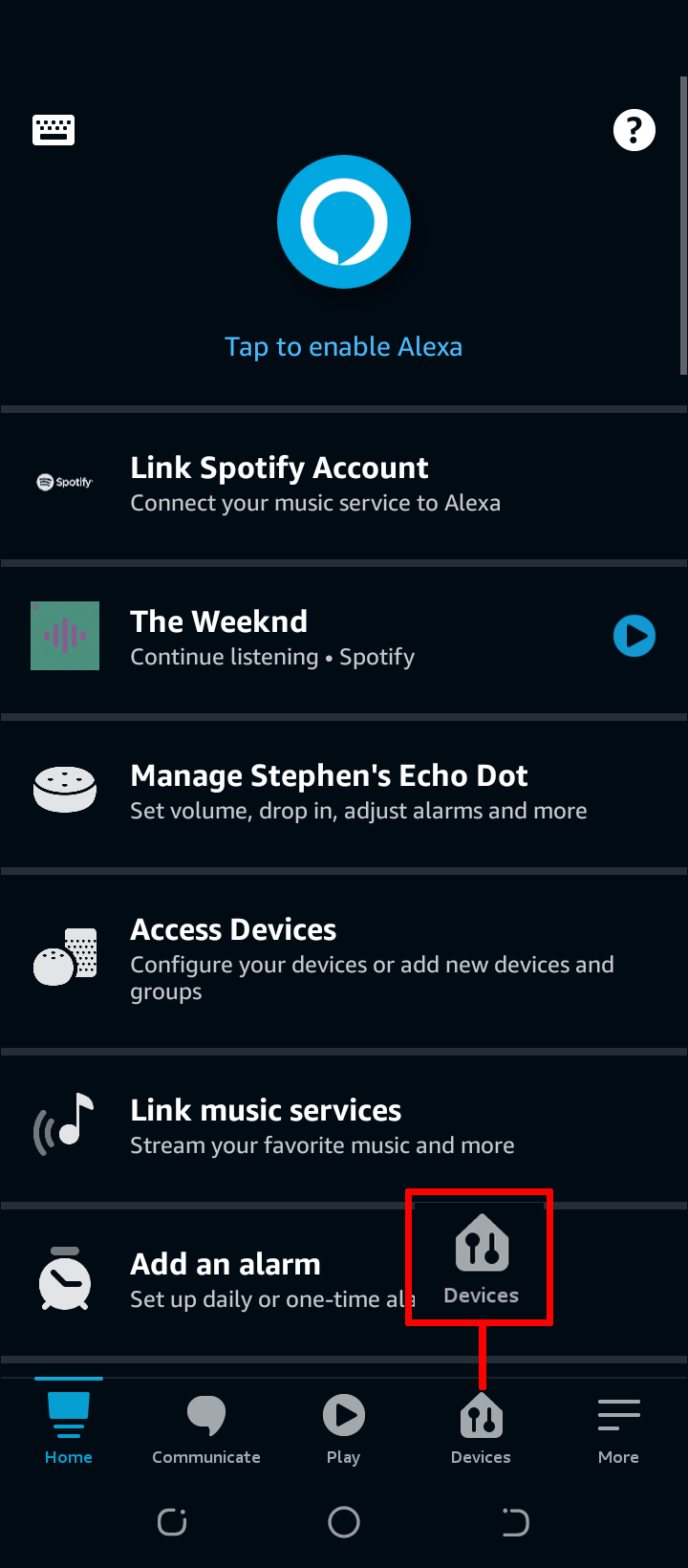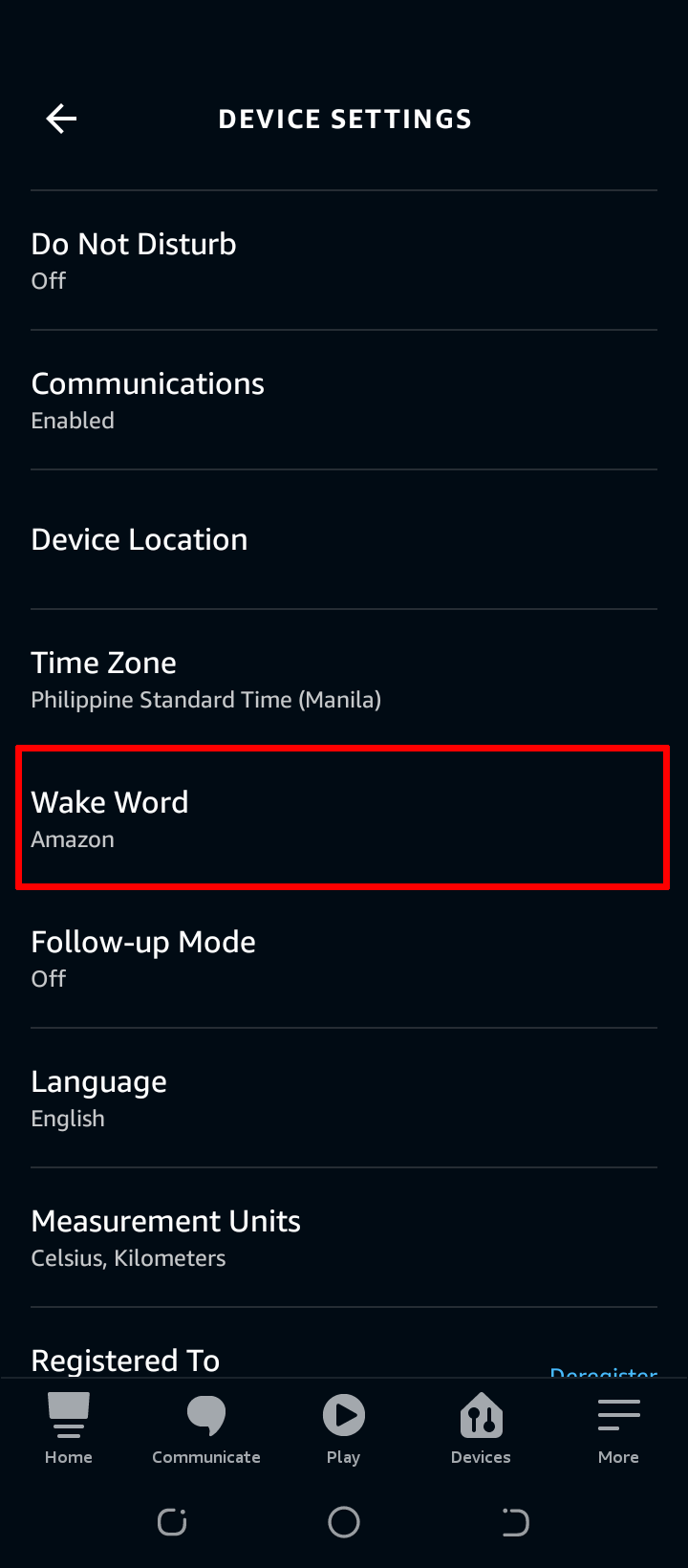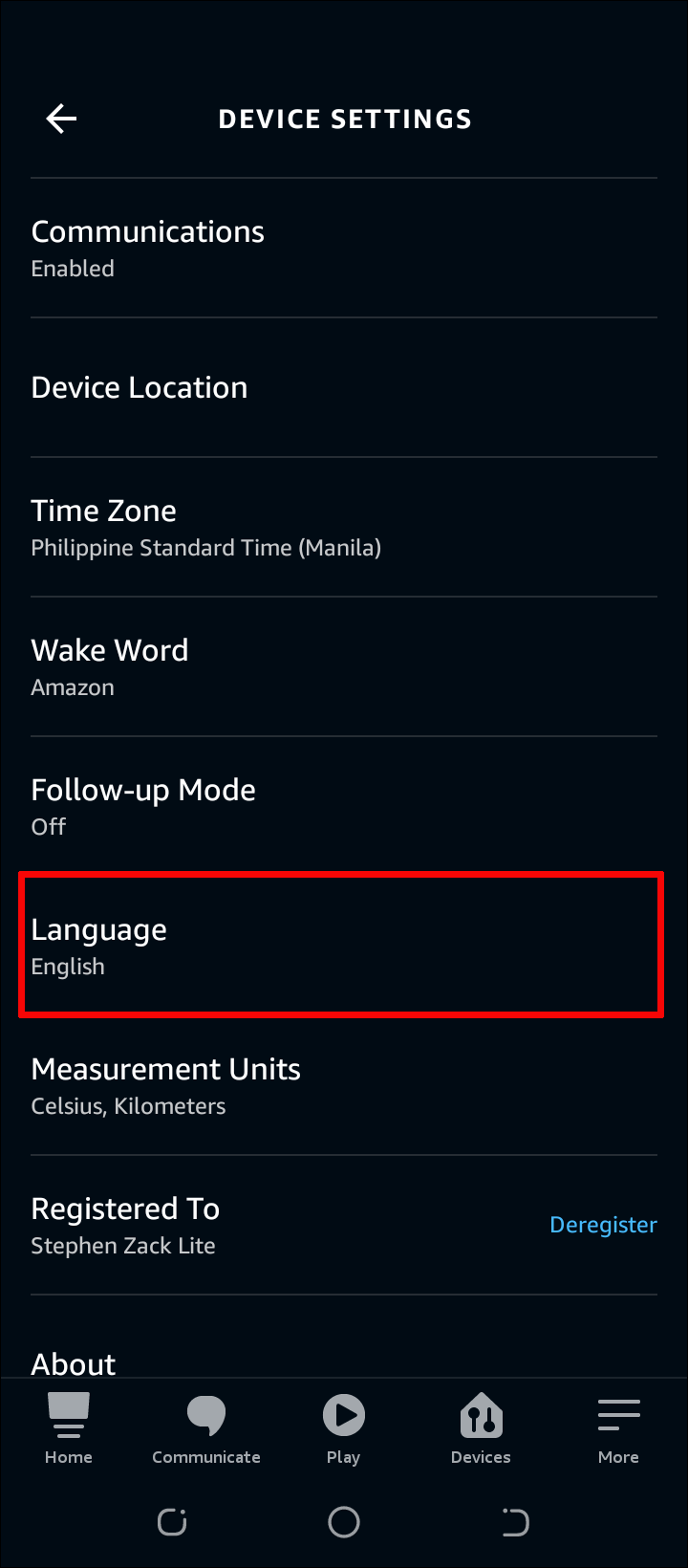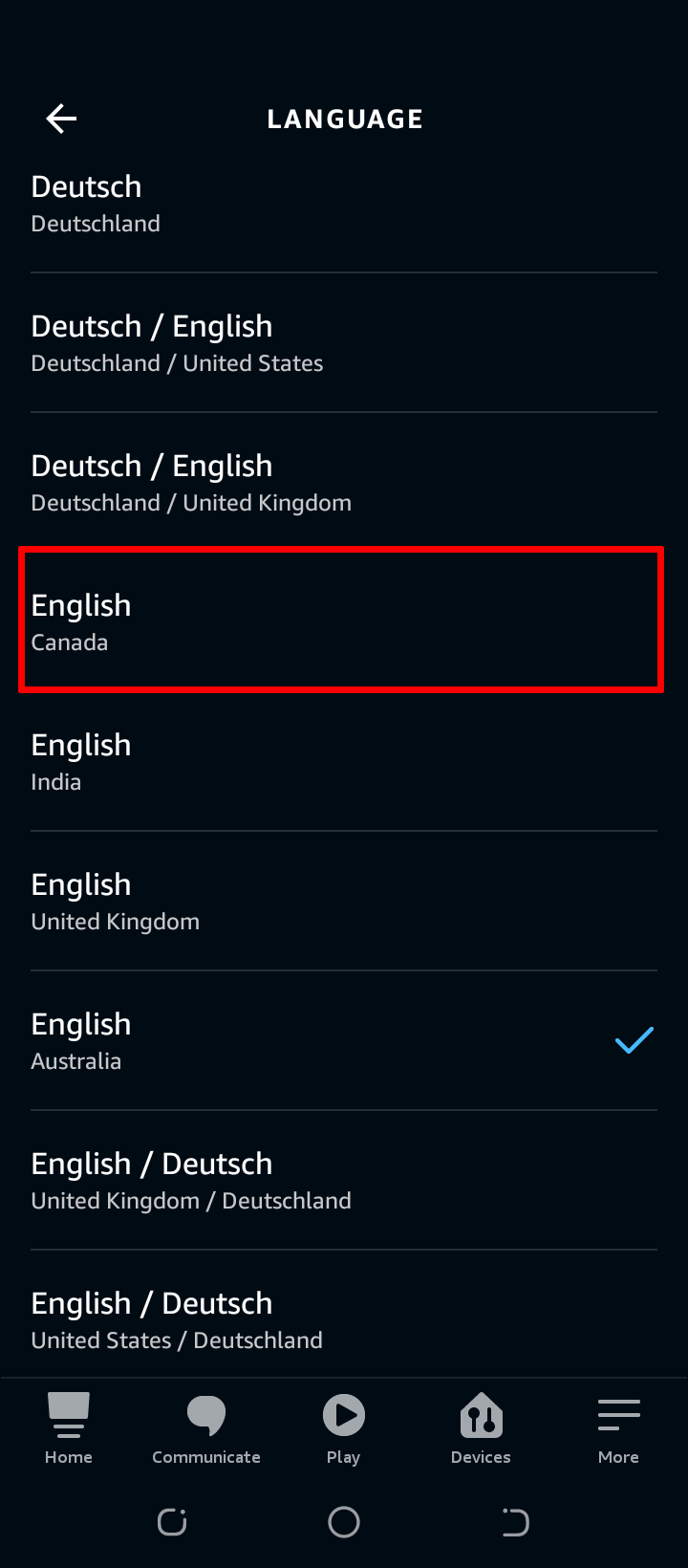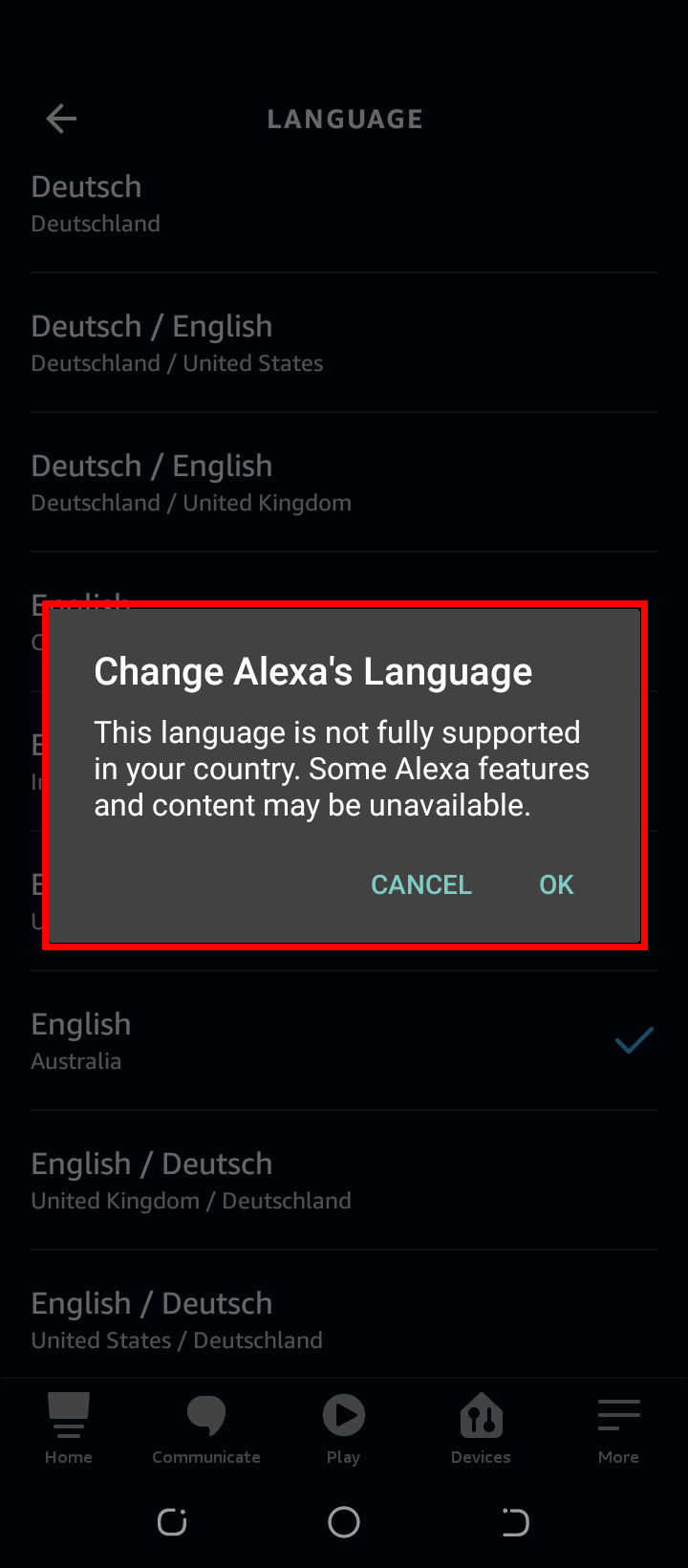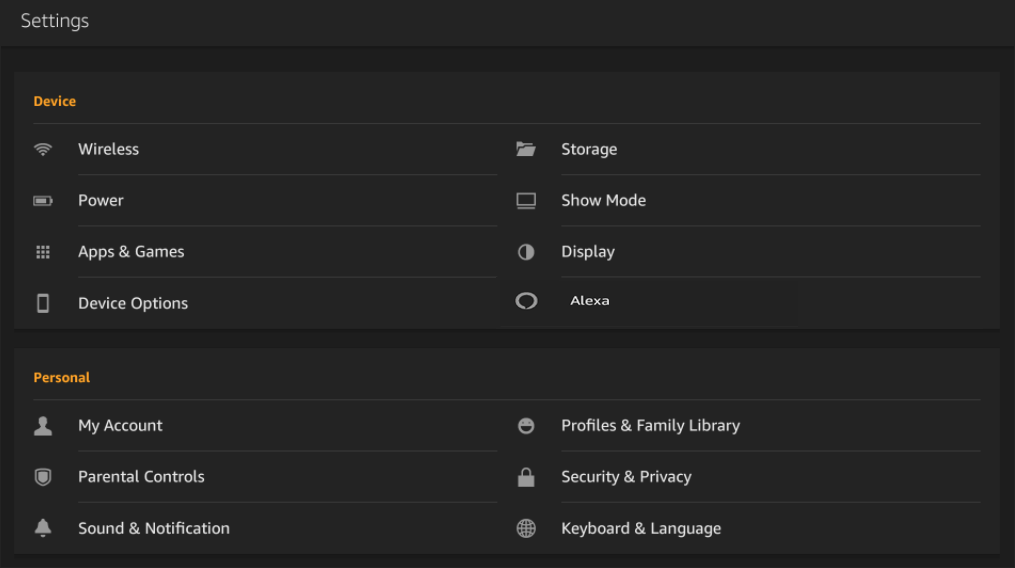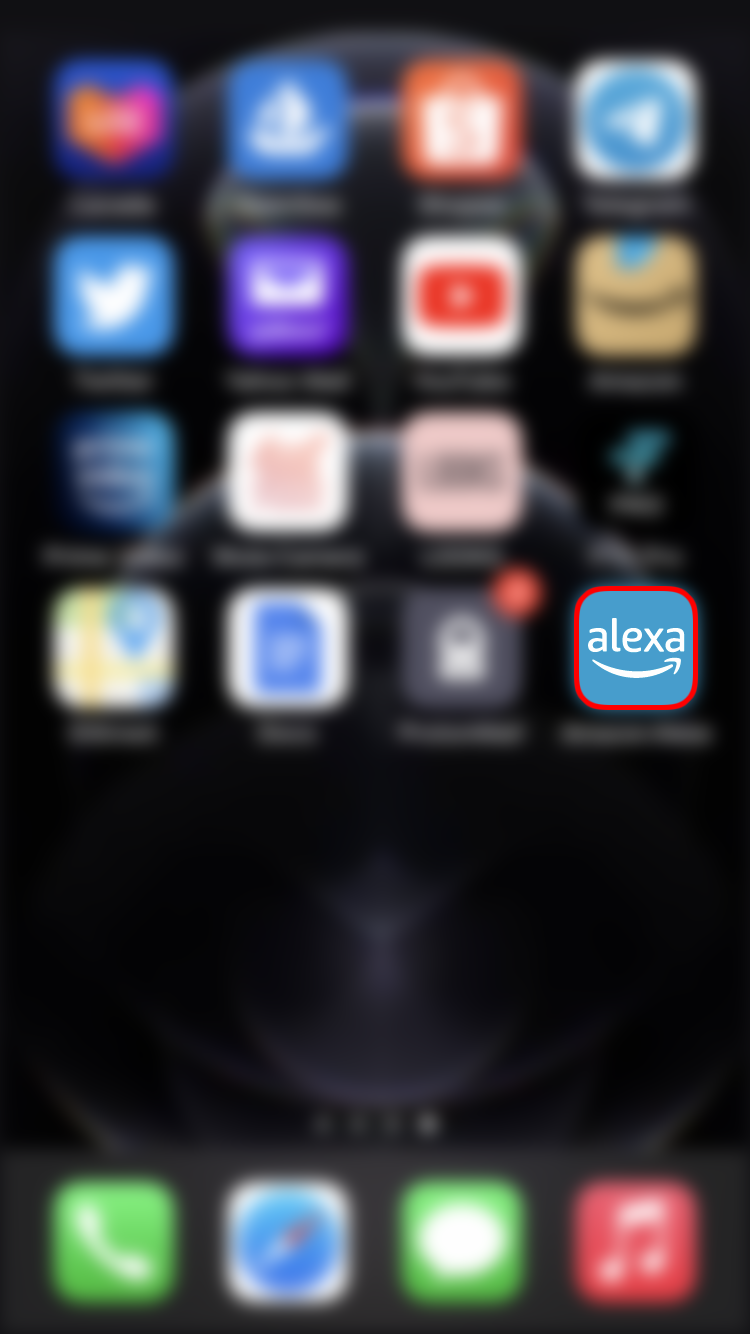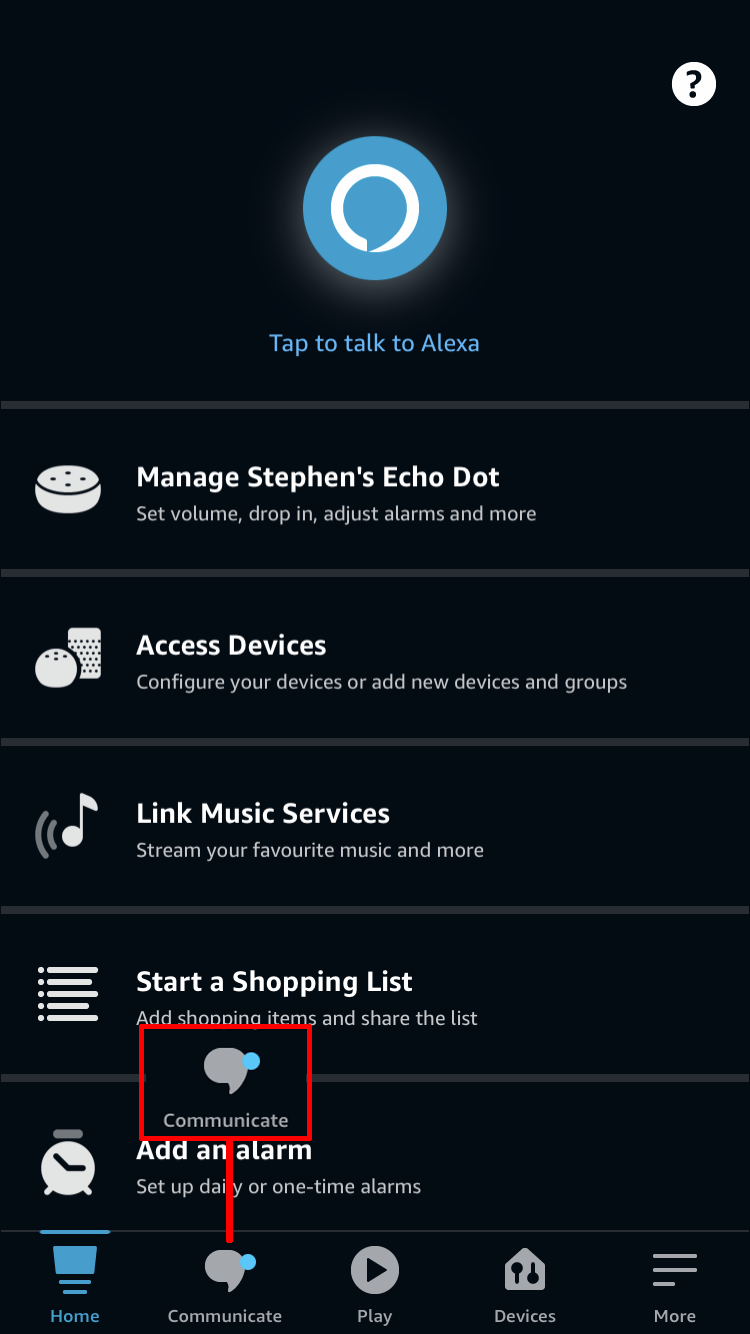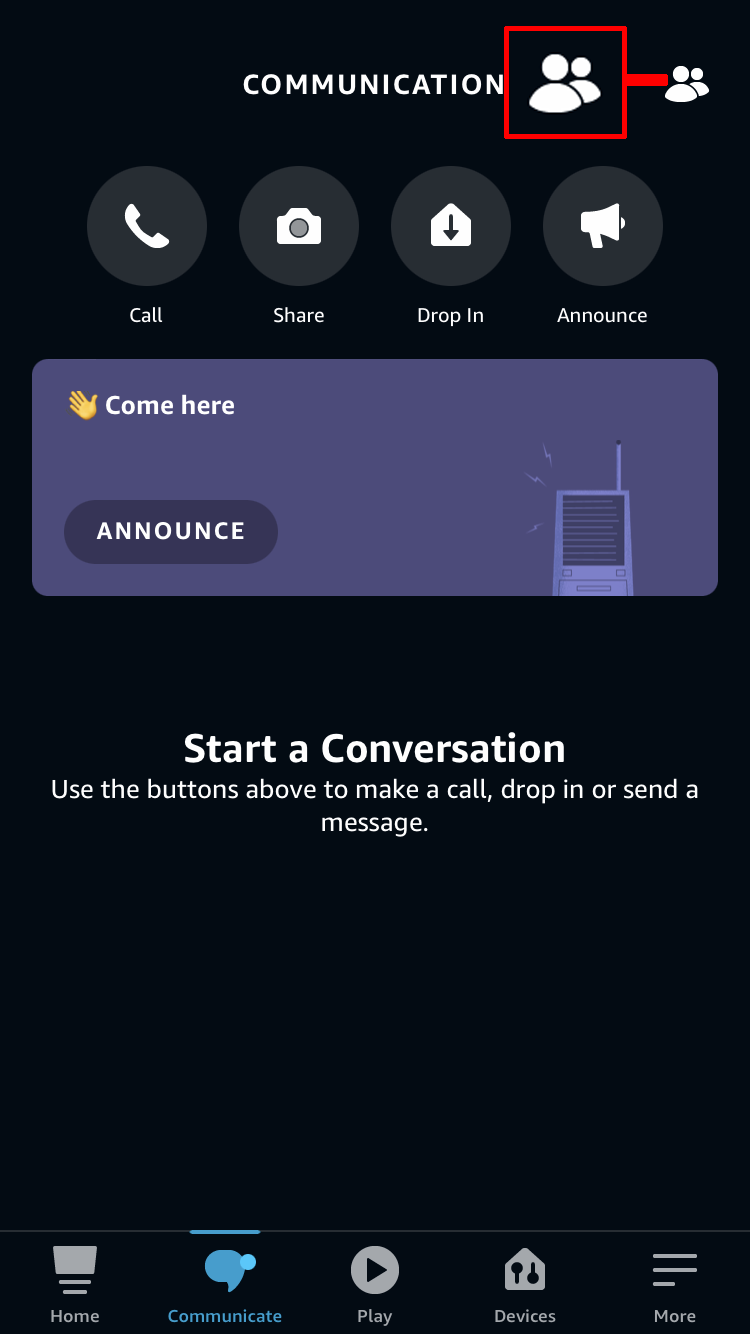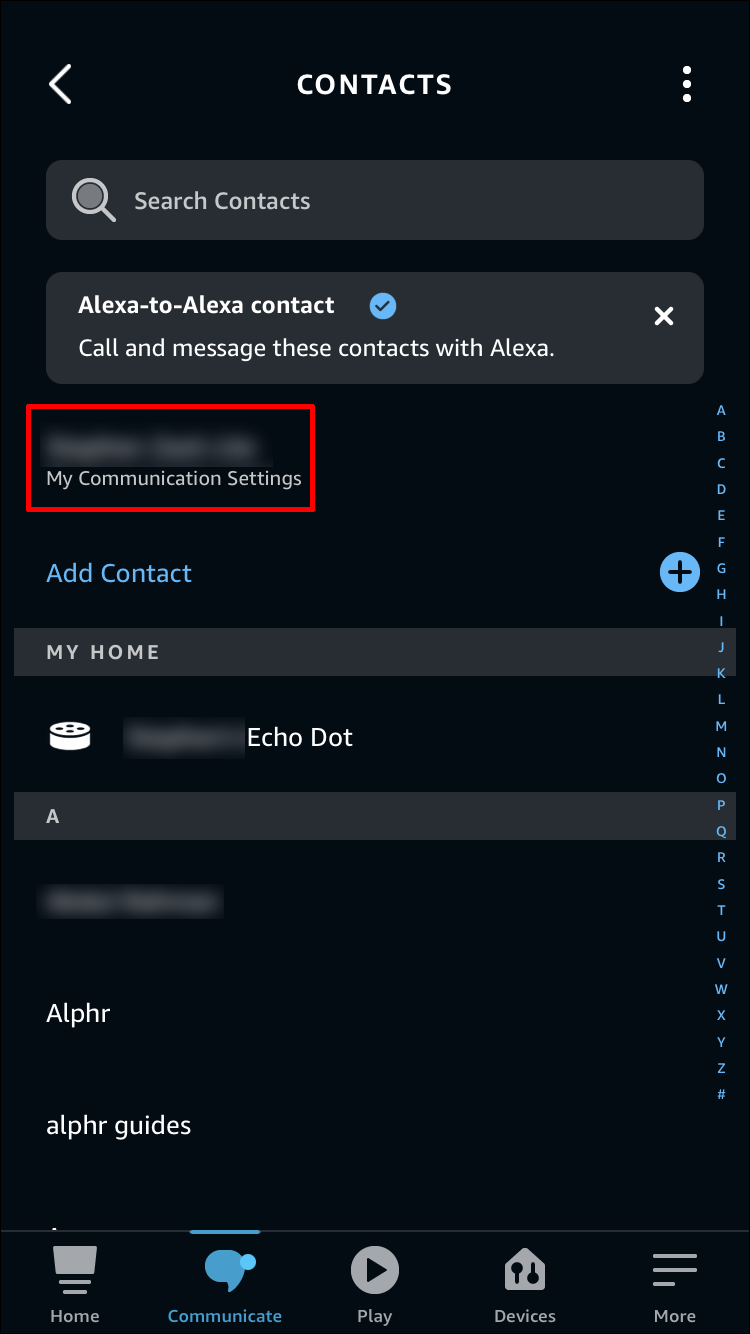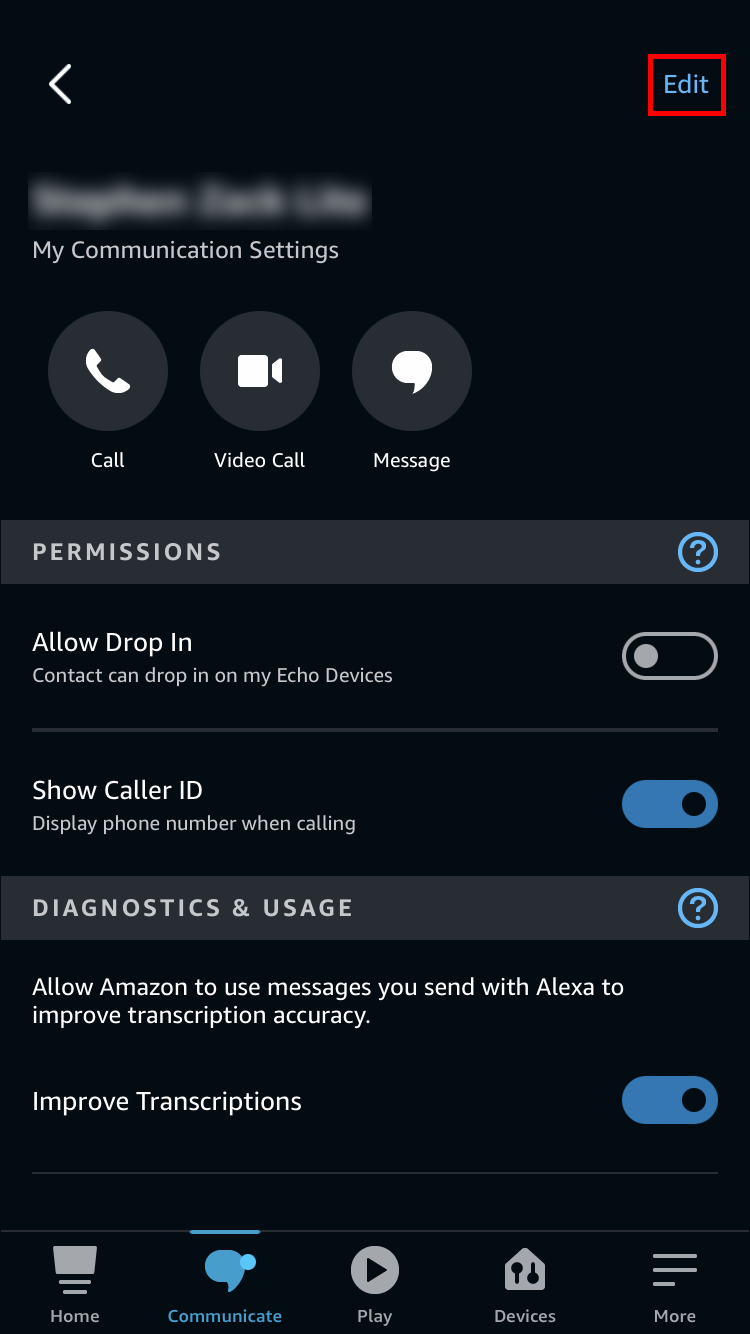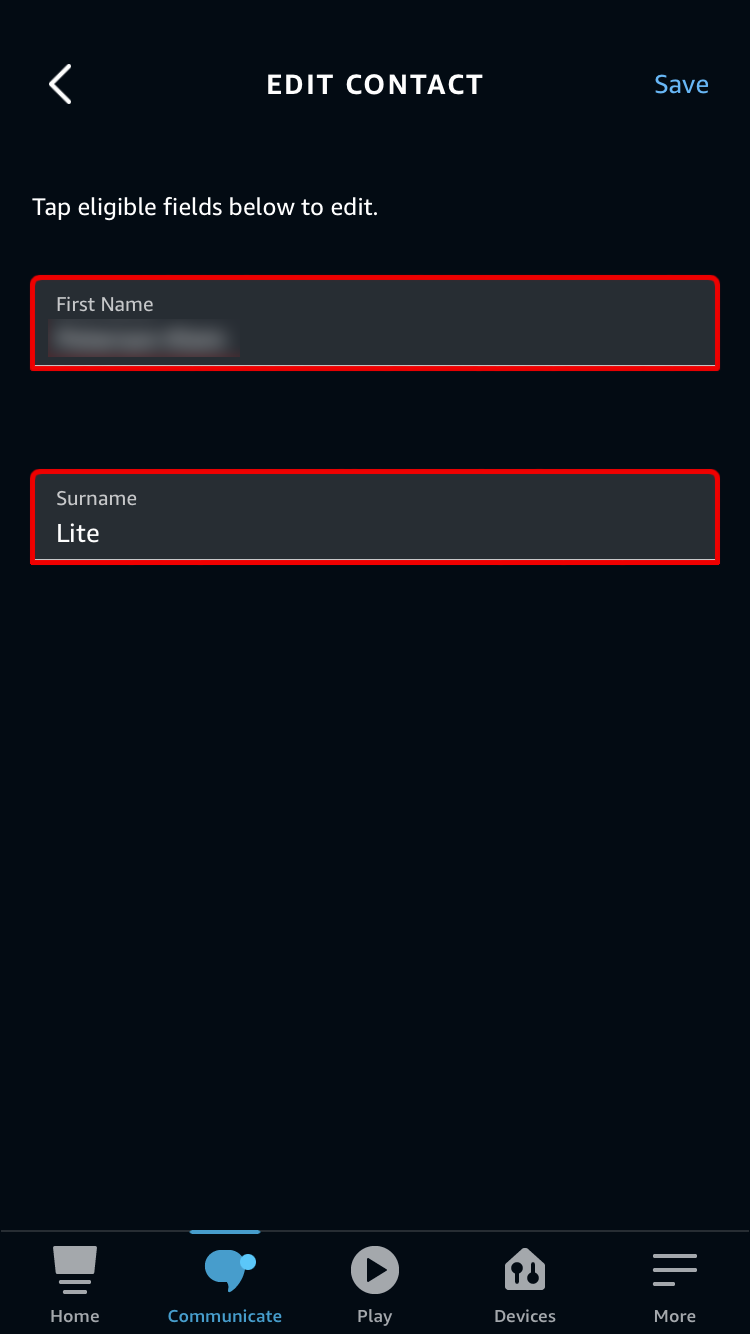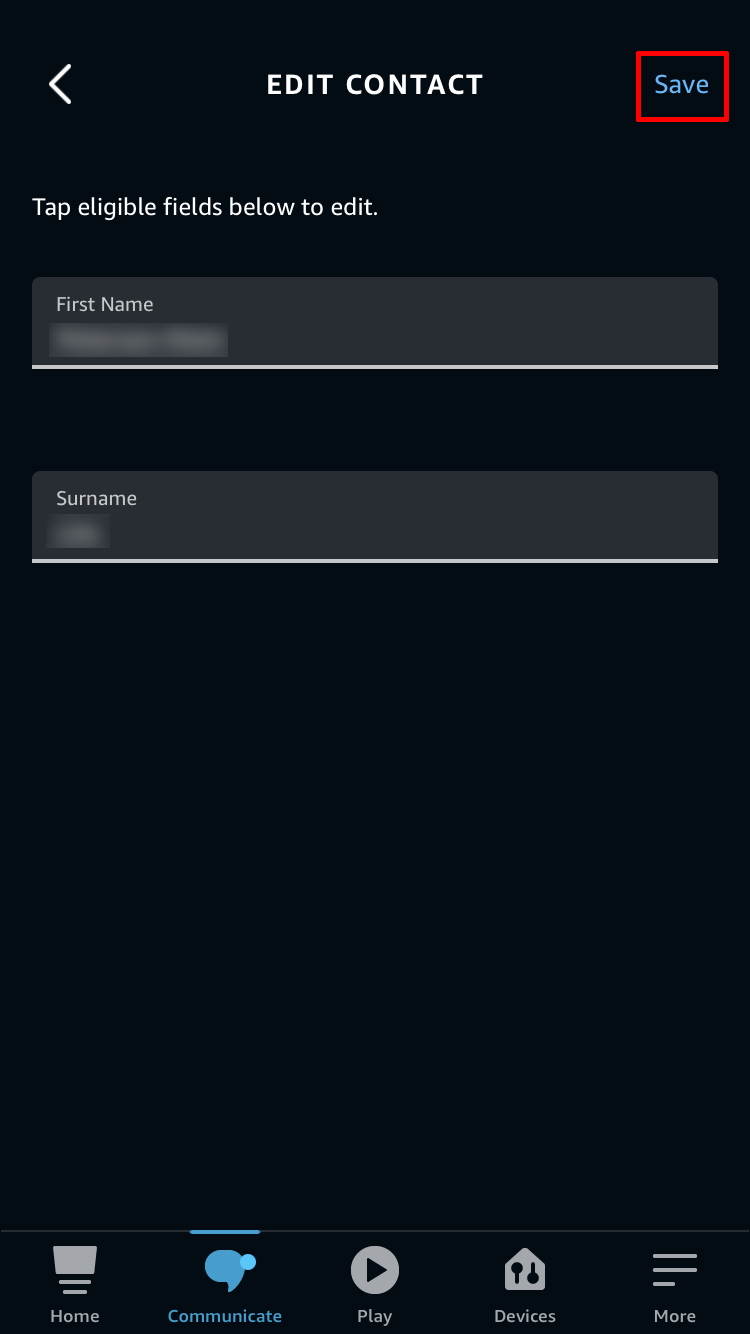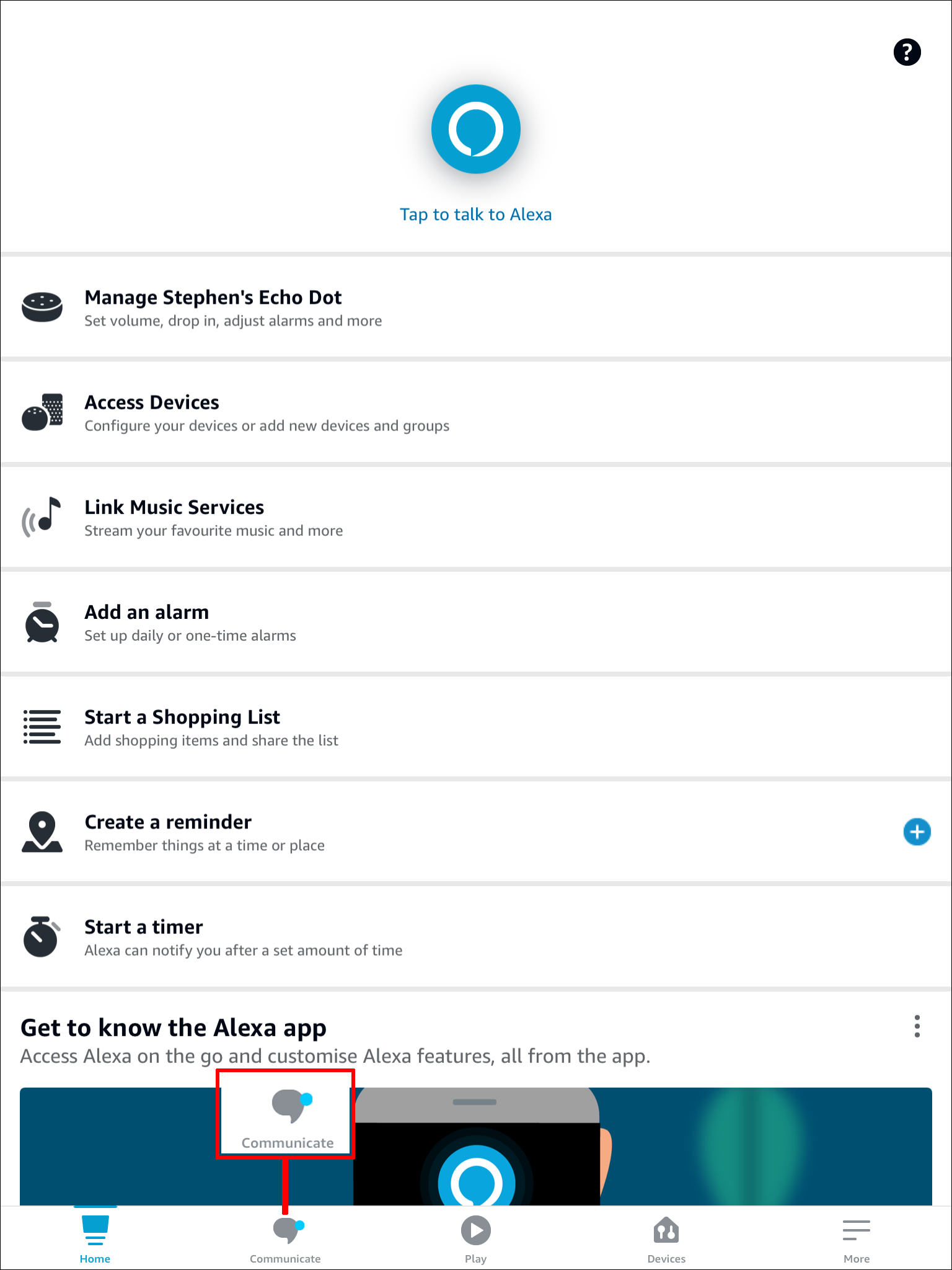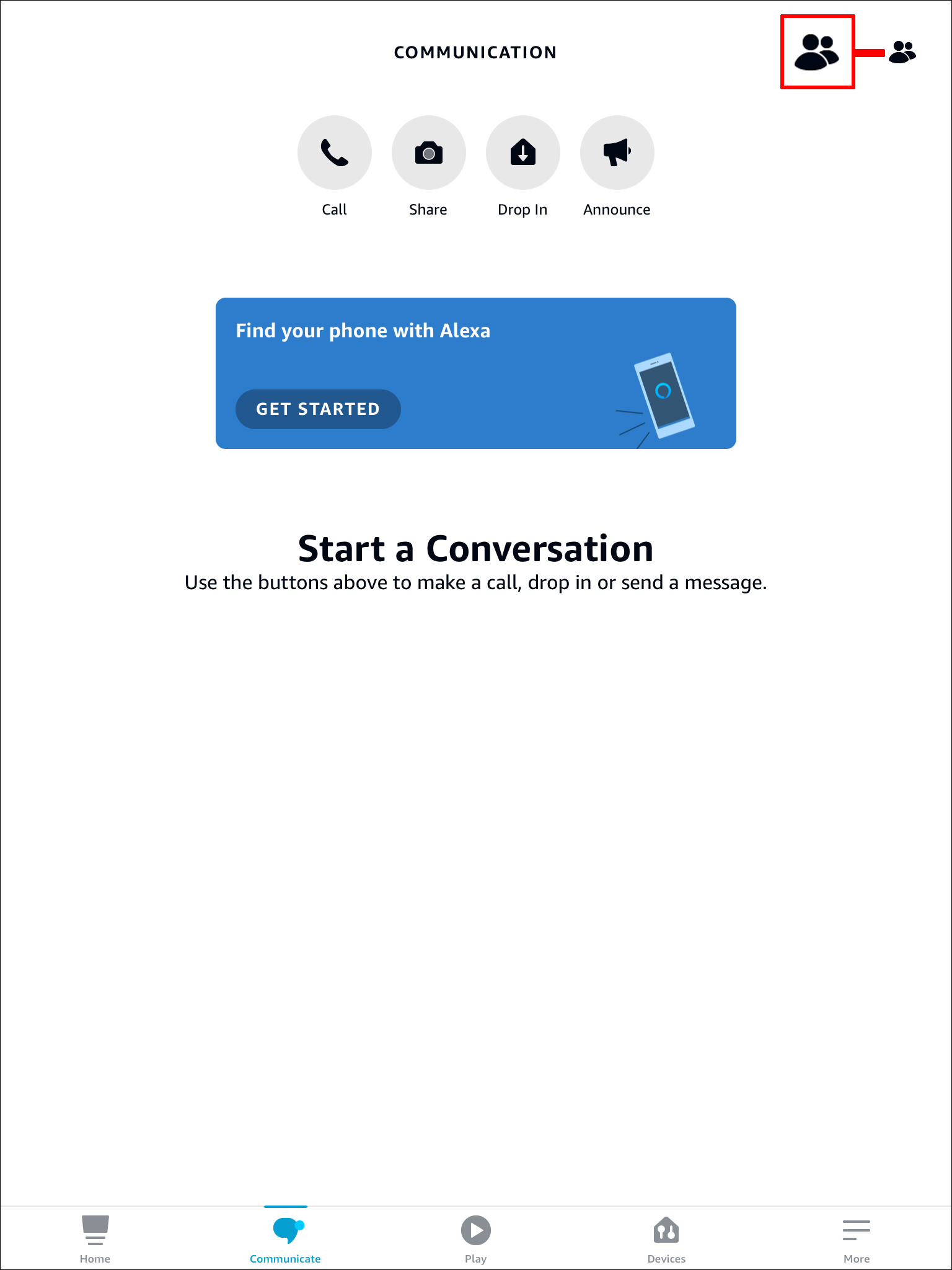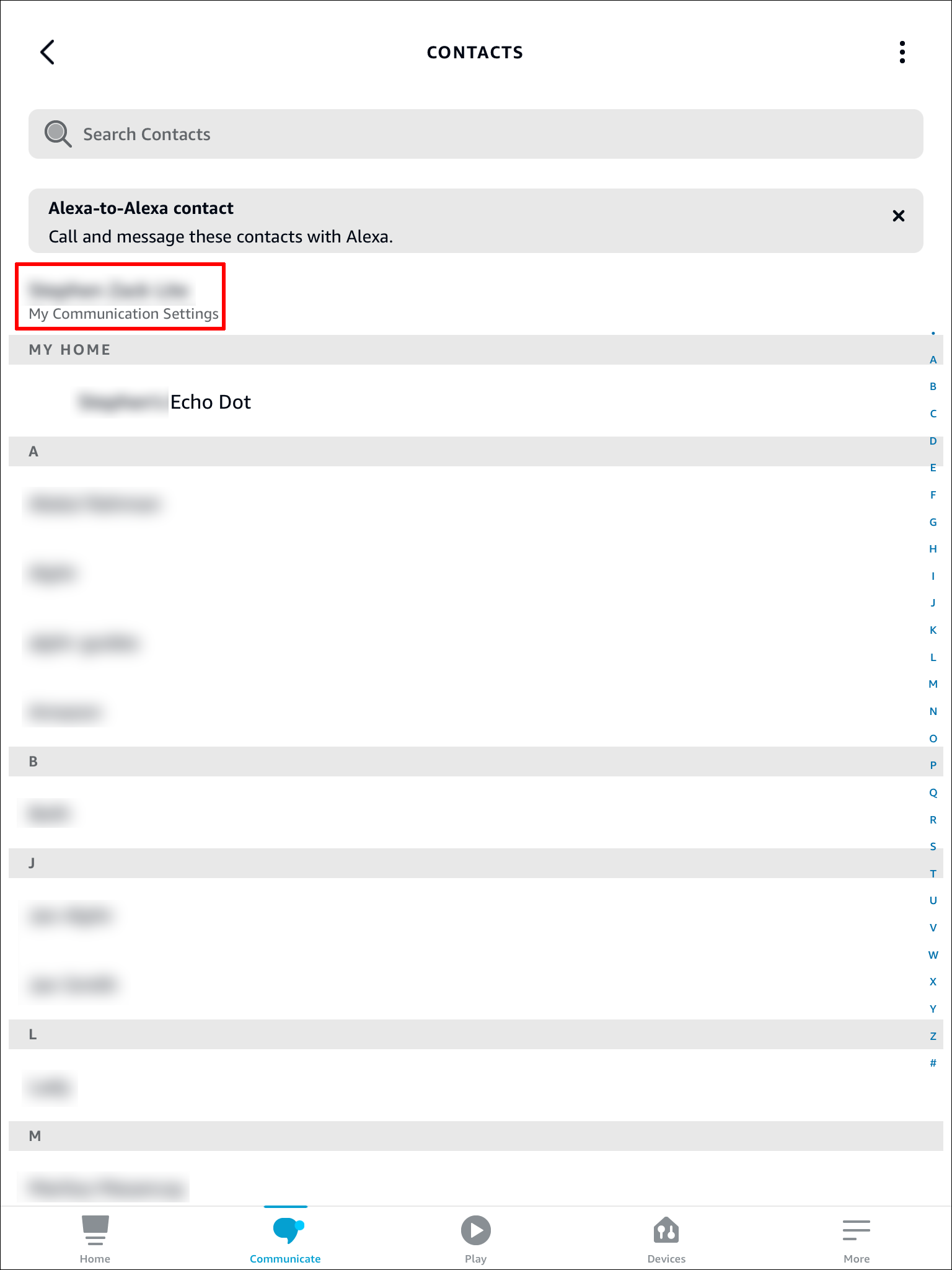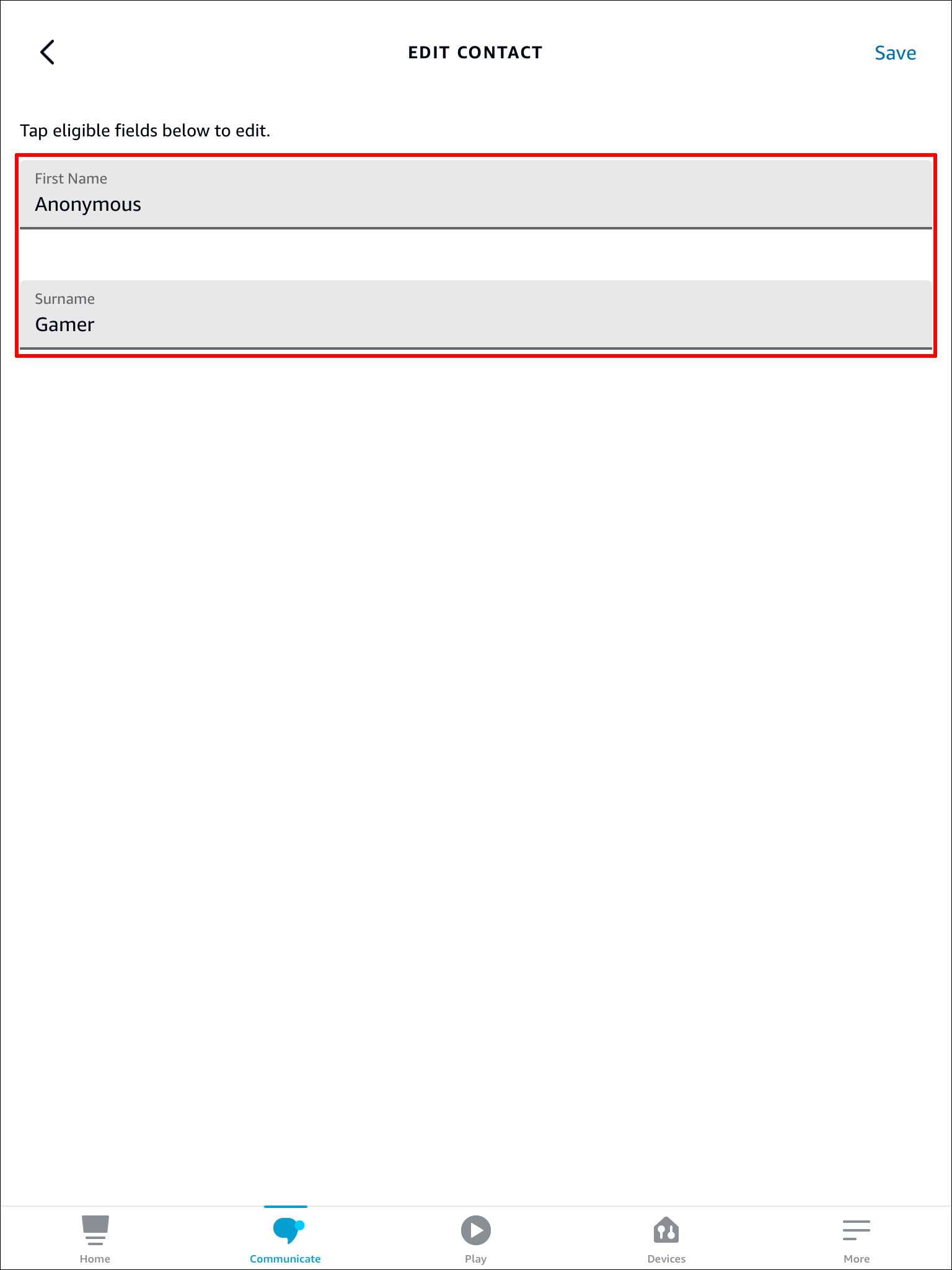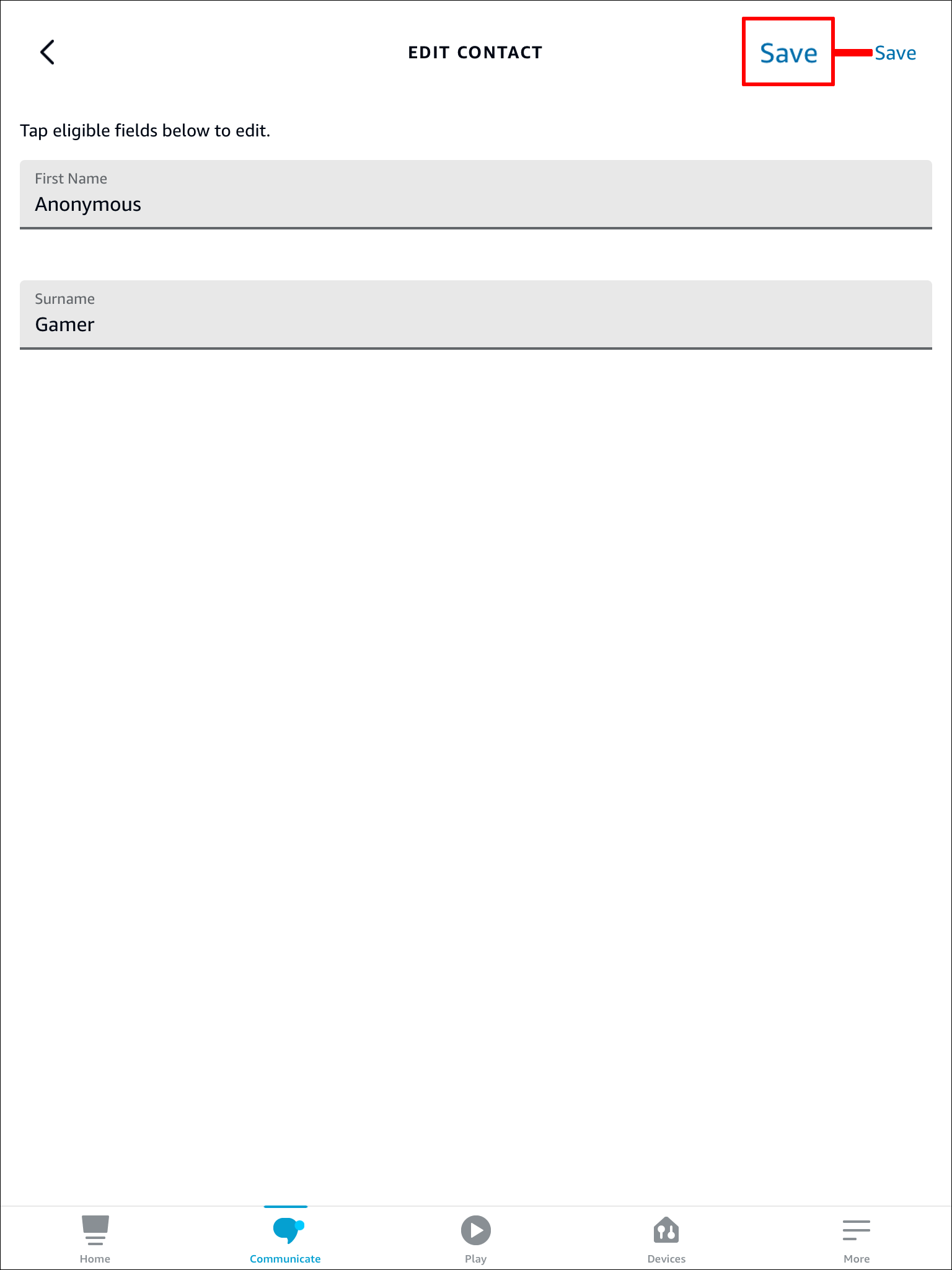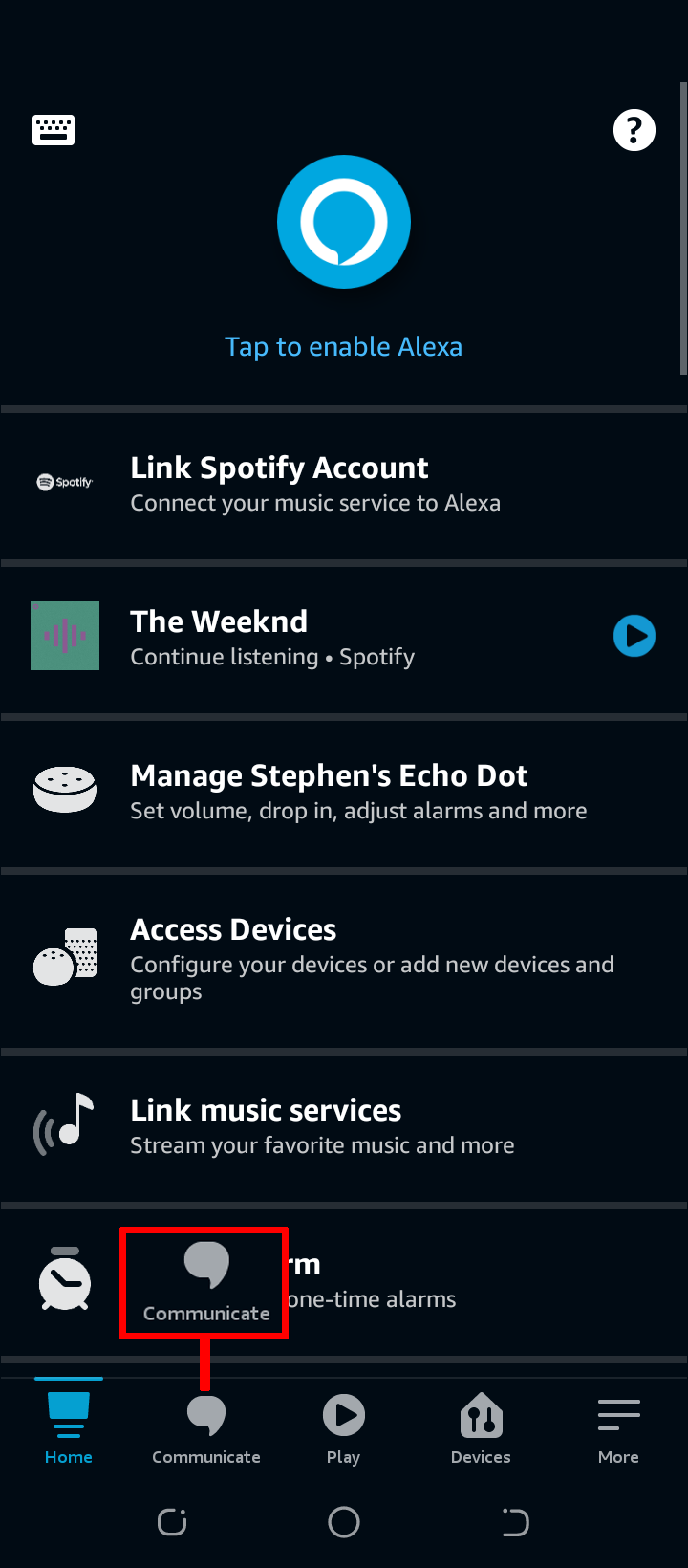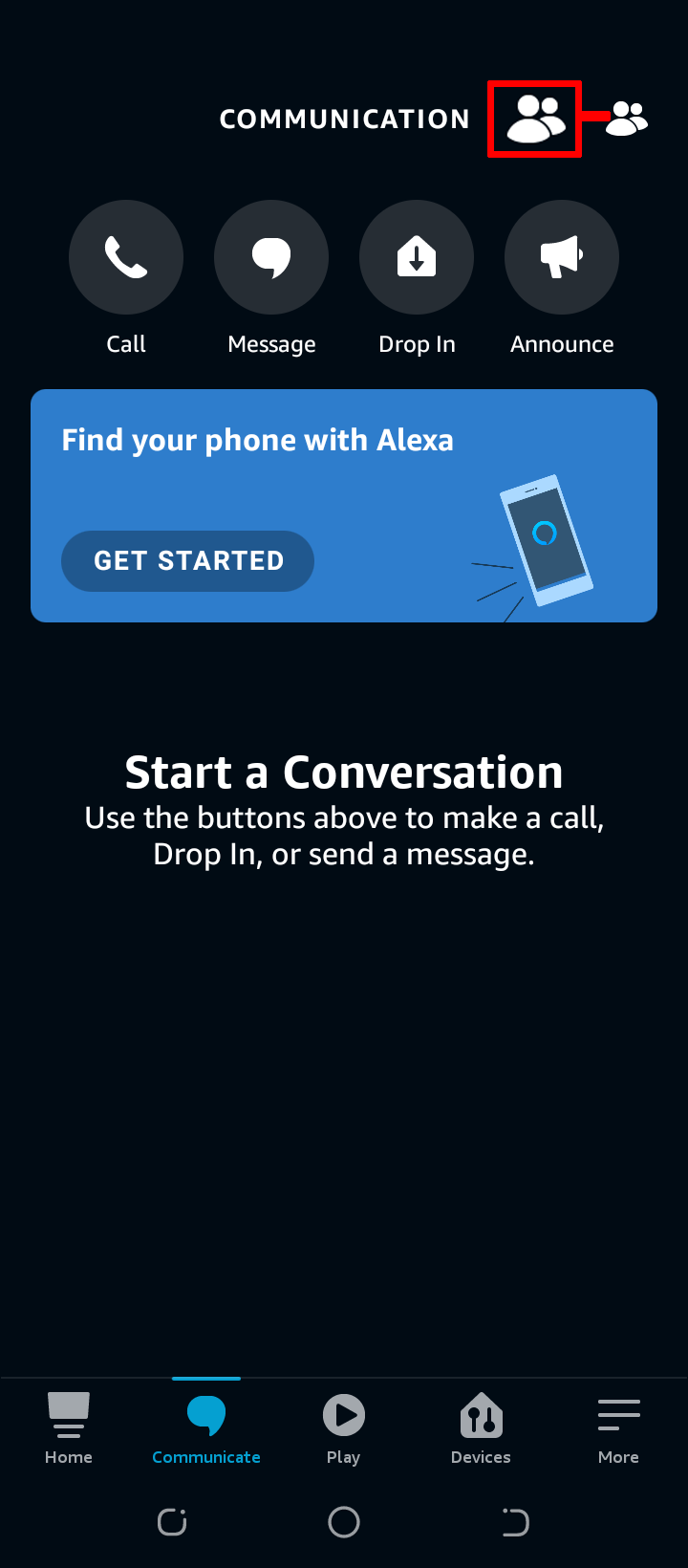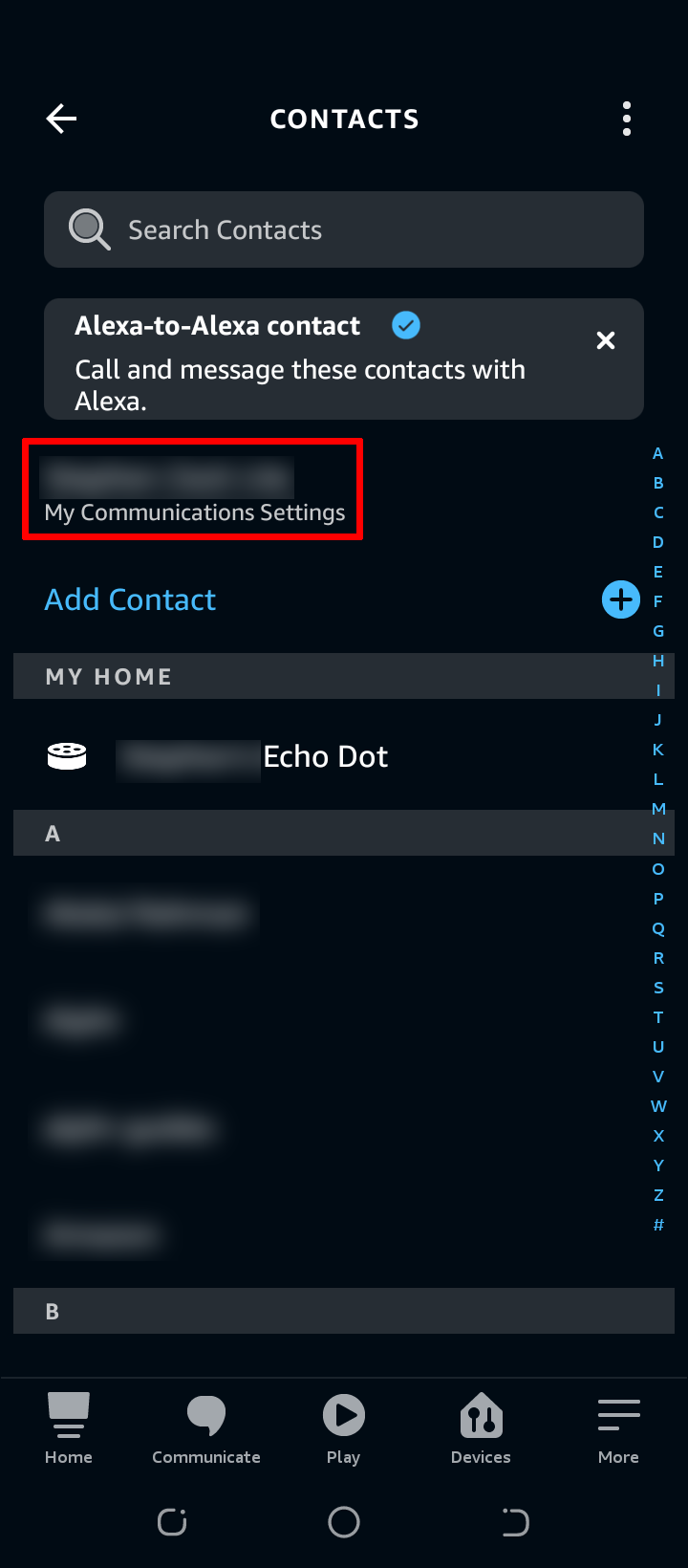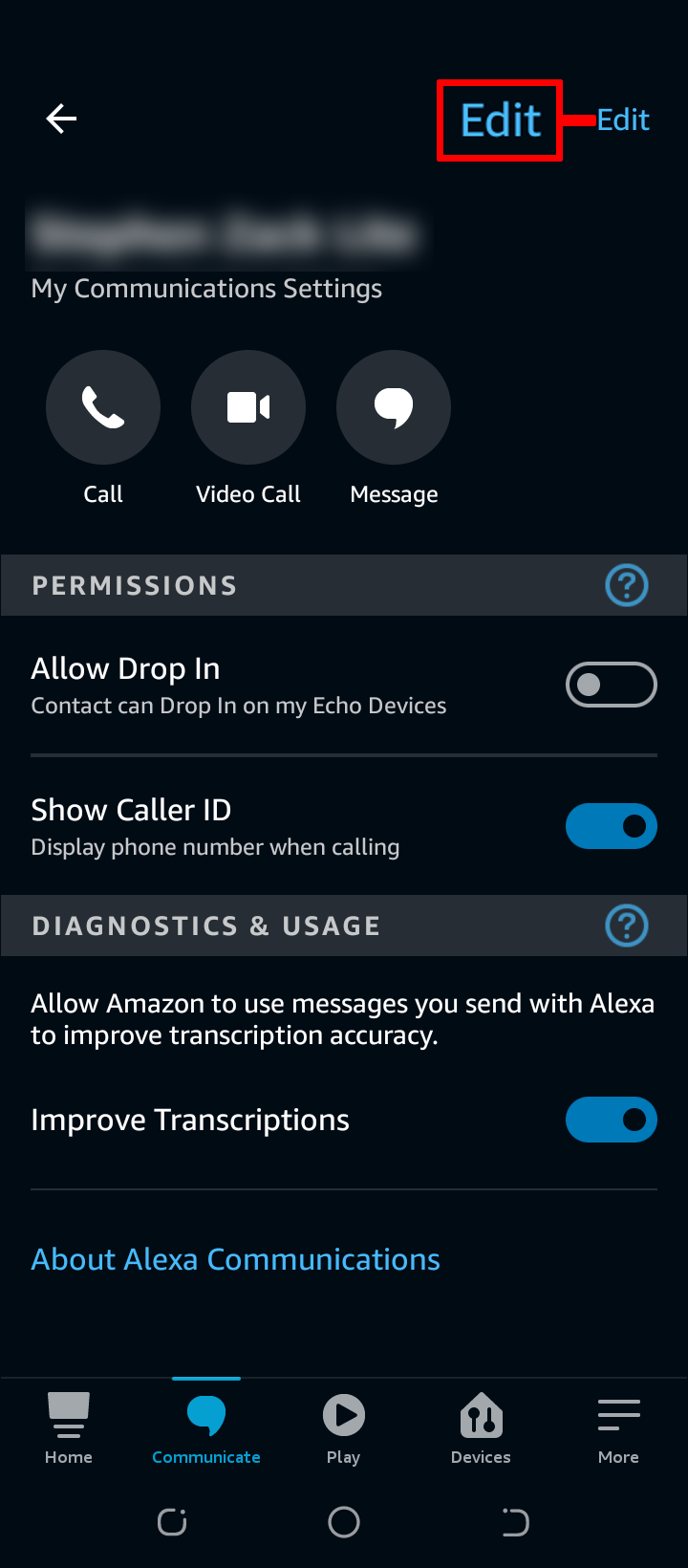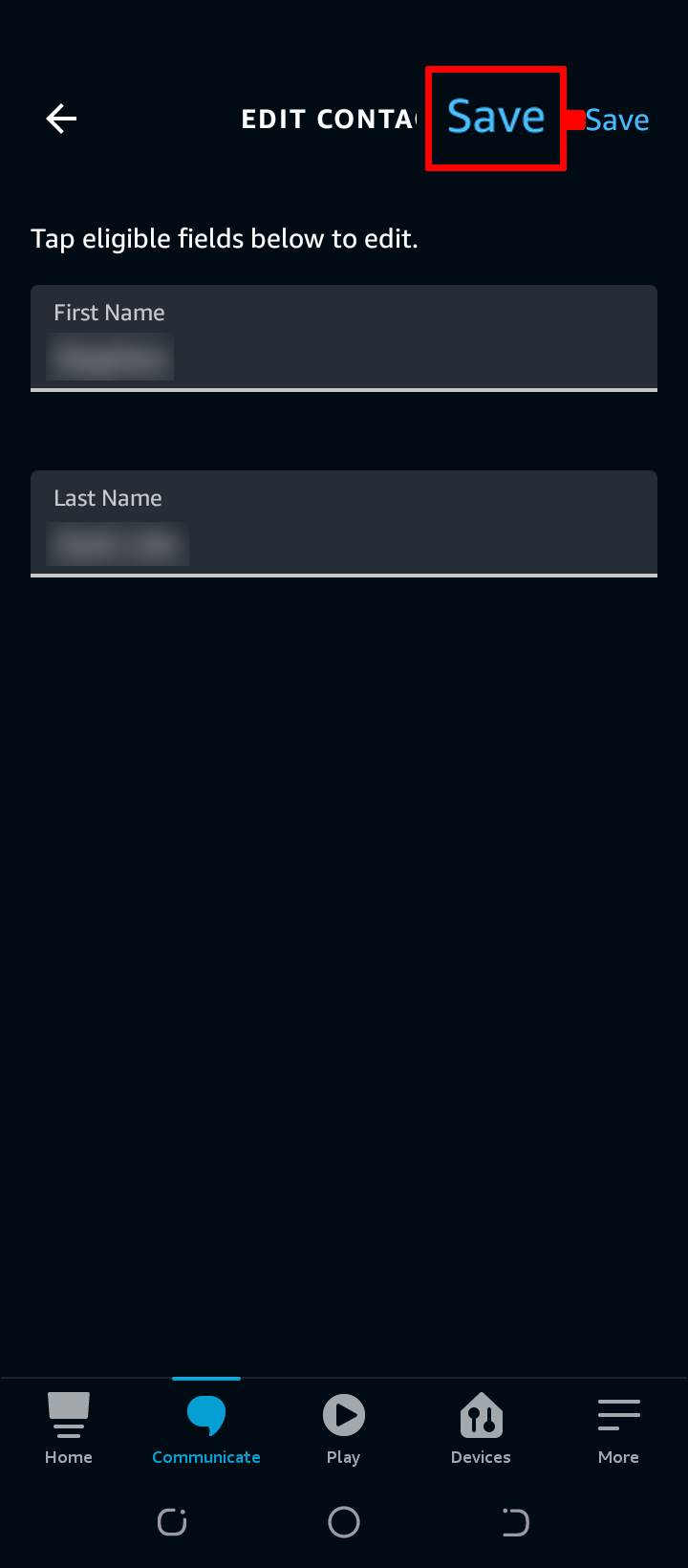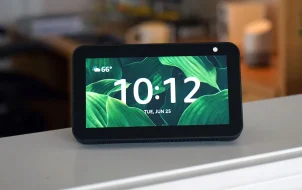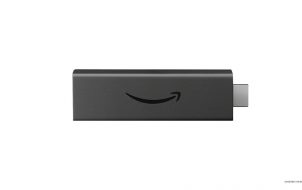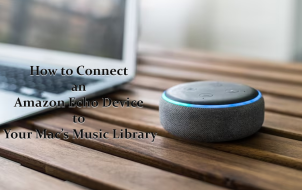Device Links
“Alexa” is the default name the Amazon assistant speaker responds to when you give it a command. However, sometimes TV or radio noise can also trigger it, leading to some confusion. While Amazon offers no official solution to this issue, you can still customize your assistant by changing its name or the wake word that captures its attention.
This guide will tell you how you can change your Alexa’s wake word via voice command and on your mobile device.
How to Change Alexa’s Name With a Voice Command
If you have an Amazon speaker, it will assist you in changing the Alexa wake word. Here’s how to do it:
- Use the statement “Alexa, change my wake word” to power on the speakers.

- The virtual assistant will reply, “I can help you change the wake word for this device. Should we do that now?”

- Say “Yes” to initiate the action.

- Alexa will go through the available options. You can select “Amazon,” “Computer,” “Ziggy,” or “Echo.”

- Say the option you like best.
After you’ve switched the wake word, “Alexa” will appear as one of the options the next time you want to make a name change.
- Once Alexa has adjusted the wake word settings, you will hear, “Okay, you can call me (wake word) on this device in a few seconds.”

Try using the new name to ensure Alexa has recorded the change.
You can also change Alexa’s default feminine voice with a voice command. To do so, use the words “Alexa, change your voice.” The command enables Alexa to respond in a more masculine voice.
Once you set up a different wake word through your speakers, your Alexa mobile app will also register the change.
How to Change Alexa’s Name on a Mobile Device
The Alexa mobile app allows Android and iOS users to control the wake word that activates their assistants.
How to Change Alexa’s Name on an iPhone
Changing the wake word on an iPhone tablet is a relatively straightforward process.
- Open the Amazon Alexa app on your tablet and select “Devices.”

- Choose the “Echo & Alexa” option at the top of the interface.

- Tap “Wake Word” in the “General” card. It will also display the current wake word settings.

- Press the option you want to set as the new wake word. Choose between “Alexa,” “Computer,” “Amazon,” “Ziggy,” and “Echo.” Unfortunately, it’s still not possible to enter a custom name.

- When you see the pop-up prompt telling you the process will take a couple of minutes, hit “OK.”

- Once the changes are saved, your new Alexa name will be visible in the “Wake Word” tab.
Try summoning your assistant with the new wake work to test it out.
In addition to adjusting the wake word, there are other ways iPhone users can personalize their Alexa experience.
The iPhone mobile app lets you control the accent of your virtual assistant. It’s a valuable feature when you’re using Alexa on several devices and want to differentiate between which device is responding. To change the accent:
- Launch the Alexa app and tap “Alexa Devices.”

- Select the device you want to respond in a different accent.

- Scroll to the bottom of the screen and click “Languages.”

- Pick an accent from the drop-down menu.

- Press “Save Changes” to finish the action.

How to Change Alexa’s Name on an iPad
If you’ve already done it on an iPhone, you should have little difficulty switching to a different Alexa wake word on an iPad. The instructions are similar for all iOS mobile devices.
- Launch the Alexa mobile app on your iPad, then tap “Devices” at the bottom of the screen.

- Select “Echo & Alexa.”

- Select “Wake Word” from the “General” menu. You’ll see the current name of your virtual assistant.

- Choose a new wake word from the list of available names. You can pick “Computer,” “Alexa,” “Ziggy,” “Amazon,” or “Echo.” There is no option to type a different name.

- The app will advise you to wait until the action is finished. Press “OK.”

- When the changes are successful, the new wake word will be displayed in the mobile app.

Your iPad’s mobile app also has a built-in feature that allows users to change the accent of their Alexa. To do so on your tablet:
- Open the Alexa app and select “Alexa Devices.”

- Pick one of the available devices to adjust its accent settings.

- Go to the bottom of the interface and press “Languages.”

- Tap one of the available accents.

- Once you’re done, hit “Save Changes.”

How to Change Alexa’s Name on an Android Device
The Alexa app for Android also allows Amazon users to switch to another wake word. To do so:
- Open the Android Alexa app and press “Devices” at the bottom of the app.

- Choose the “Echo & Alexa” tab.

- In the “General” card, press the “Wake Word” option.

- Select the new wake word from the list. You can set it to “Alexa,” “Ziggy,” “Computer,” “Echo,” or “Amazon.” You can’t type in a custom name for your virtual assistant.

- The mobile app will take a few minutes to update the settings. Click “OK.”
- The new wake word will appear in the mobile app when the action is complete.

While you can’t choose a custom name for your Alexa, you can decide which accent the assistant will use to respond to commands. To select a different accent on an Android device:
- Enter your Android’s Alexa app, then click the “Alexa Devices” option.

- Pick one of your Echo devices to change its accent.

- Navigate to the bottom of the interface and press “Languages.”

- In the pop-up menu, choose an accent according to your preference.

- Hit “Save Changes” when you’re done.

How to Change Alexa’s Name on Kindle Fire HD Tablet
If you’re using a Kindle Fire HD 10 or Fire HD 8 as an Echo device, it comes with a feature that lets you pick a different Alexa wake word. Here’s how it’s done:
- Enter your tablet’s “Settings.”

- Navigate to the “Device” section and click “Alexa.”

- Select the “Wake Word” option from the new menu.

- Tap “Amazon” to set it up as the new wake word.

The two names available on the Kindle Fire tablet are “Alexa” and “Amazon.” Other devices like iPhones and Android tablets offer a wider selection of wake words.
How to Change Your Alexa Profile Name
Alexa users can decide which name Alexa will call them using their smartphone. It’s a cool feature that makes interacting with your virtual assistant feel more personal.
How to Change Your Alexa Profile Name on an iPhone
The Alexa app allows you to set up a nickname or use a name variation on your profile. To change your name on an iPhone:
- Open the Alexa mobile app.

- Find the “Communication” tab at the bottom of the app.

- Click the profile icon at the top of the screen.

- Select “My Communication Settings” below your profile name.

- Tap “Edit.”

- Enter your new profile name.

- Press the “Save” button to record the change.

How to Change Your Alexa Profile Name on an iPad
Changing your name on an iPad only takes a few relatively simple steps. To have Alexa call you by a different name:
- Launch the Amazon Alexa app on your iPad.

- Scroll down to the “Communication” card.

- Tap your profile at the top-right corner.

- Choose “My Communication Settings” under your profile name.

- Select the “Edit” option.

- Type a new profile name.

- Click “Save” to successfully set up the name.

How to Change Your Alexa Profile Name on an Android Device
Choosing a new Alexa profile name can be done on an Android tablet.
- Enter your tablet’s Alexa mobile app.

- Go to the “Communication” section at the bottom of the interface.

- Press your profile icon in the top-right of the app.

- Click “My Communication Settings” underneath the profile name.

- Press “Edit.”

- Type in a new name for your profile.

- Tap “Save” to finish the action.

Make the Most Out of Amazon’s Alexa
Until Amazon rolls out an update that will allow users to set up custom names for their virtual assistants, you can choose between the built-in wake word options for your Alexa.
Hopefully, this guide has helped you learn how to personalize your user experience by changing your profile name and Alexa’s wake word and accent.
Have you tried changing the wake word before? What device did you use? Let us know in the comment section below.
Disclaimer: Some pages on this site may include an affiliate link. This does not effect our editorial in any way.
